
Visa and entry requirements Egypt:
Passport required
German citizens need a visa to enter the country. It can also be purchased at the airport for a fee when entering Egypt.
Visa costs: 25 USD
Information from the Foreign Office about your trip to Egypt:
https://www.auswaertiges-amt.de/de/aegyptensicherheit/212622
Egypt is a bicontinental country in northeast Africa with around 96.5 million inhabitants. The national territory has a land bridge from the larger African part to the Asian Sinai Peninsula.
The country's largest cities include Cairo, Alexandria, Giza, Shubra al-Khaimah, Port Said, Suez and Luxor as well as the tourist cities of Hurghada and Sharm El-Sheikh. In Egypt, payments are made with the Egyptian pound, where 1 euro corresponds to around 21 EGP. The official language of the state is Arabic and approximately 92% of the population profess the Islamic faith.
Ancient Egypt was once one of the most important cultures in the world during the times of the Pharaohs. Egypt was therefore of great importance for human history, as evidenced by many excavations and ancient sights.
Egypt borders Libya to the west, Sudan to the south, Gaza and Israel to the northeast, the Levantine Sea to the north, the Red Sea to the southeast and the Mediterranean to the east. The distance to the nearest island of Cyprus is around 385 kilometers from the Egyptian coast.
The Nile flows through the territory of Egypt and is also the largest river in Africa. The 6,852 kilometer long Nile crosses the country from south to north and forms Egypt's most important lifeline. It later flows into the Mediterranean in the Nile Delta. The artificially created Suez Canal is also of great importance. The 162 kilometer long Suez Canal connects the European Mediterranean with the Indian Ocean, is now indispensable for the global economy and is of enormous economic importance.
Most of Egypt's land area consists of deserts, sand and dune landscapes, depressions and low plateaus. The few mammals found include camels, sheep, ibex, hyenas, jackals, goats, wild cats and donkeys.
After South Africa, Egypt has the strongest industry on the African continent, while agriculture also plays a significant role. The country's significant mineral resources include petroleum, manganese ore, phosphate, salt and iron ore. The most important agricultural export goods include cotton, corn, rice, sugar cane, potatoes, millet and various fruits and vegetables.
One of Egypt's most important sources of economic income is tourism. The numerous Egyptian antiquities such as the massive pyramids and the Great Sphinx of Giza, the Temple of Abu Simbel, the Valley of the Kings, the Karnak Temple in Luxor, the Temple of Philae in Aswan, the Pyramids of Sakkara, the Khafre Pyramid, as well as the Dahshur Pyramids, are huge attractions for foreign tourists.
The capital of Egypt is Cairo and at the same time the largest metropolis on the African continent. The greater Cairo area, with an estimated 28 million inhabitants, is one of the most populous regions in the world. This means that almost a third of the country's population lives in the Egyptian capital. Cairo's main attractions include the Great Pyramid of Cheops, the Giza Plateau, the Old City of Cairo, the Gayer-Anderson Museum, the Sultan Hassan Mosque, the Ibn Tulun Mosque, the Statue of Ramses II, the Steps- Pyramid of Djoser, the Egyptian Museum, the Cave Church, the Muhammad Ali Mosque, the Menkaure Pyramid and the Hanging Church.
The only time I have been to Egypt so far was in April 2016. After a full day excursion in Cairo with all the main attractions, I continued my trip for three days in the popular seaside resort of Sharm El-Sheikh. The imposing pyramids of Giza and other ancient attractions are simply a must for every travel lover, making a long-time dream of mine come true.

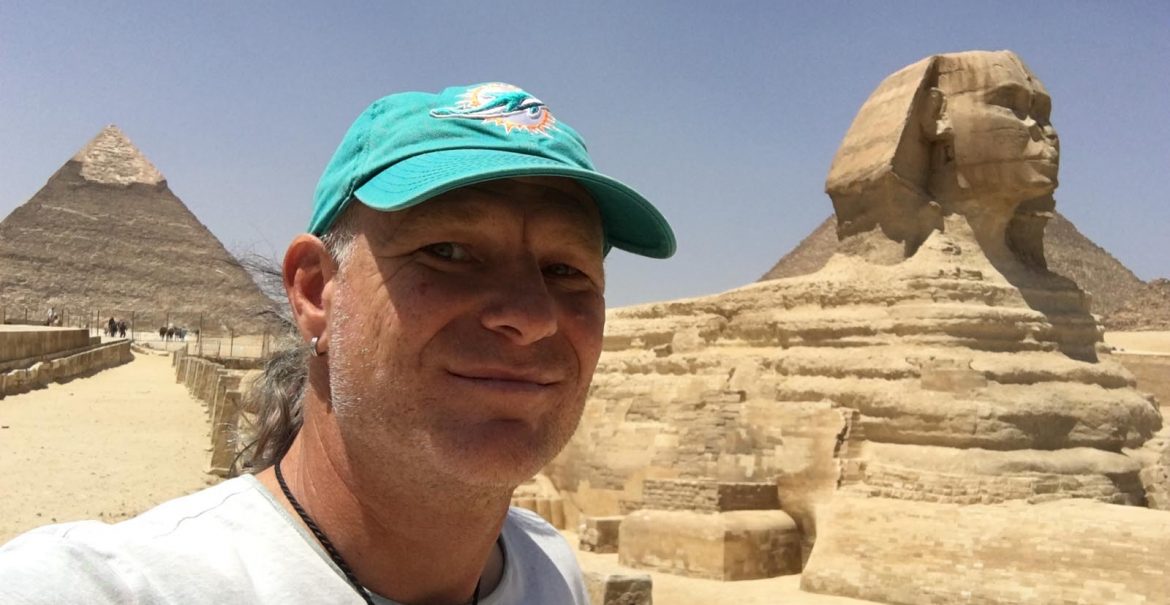
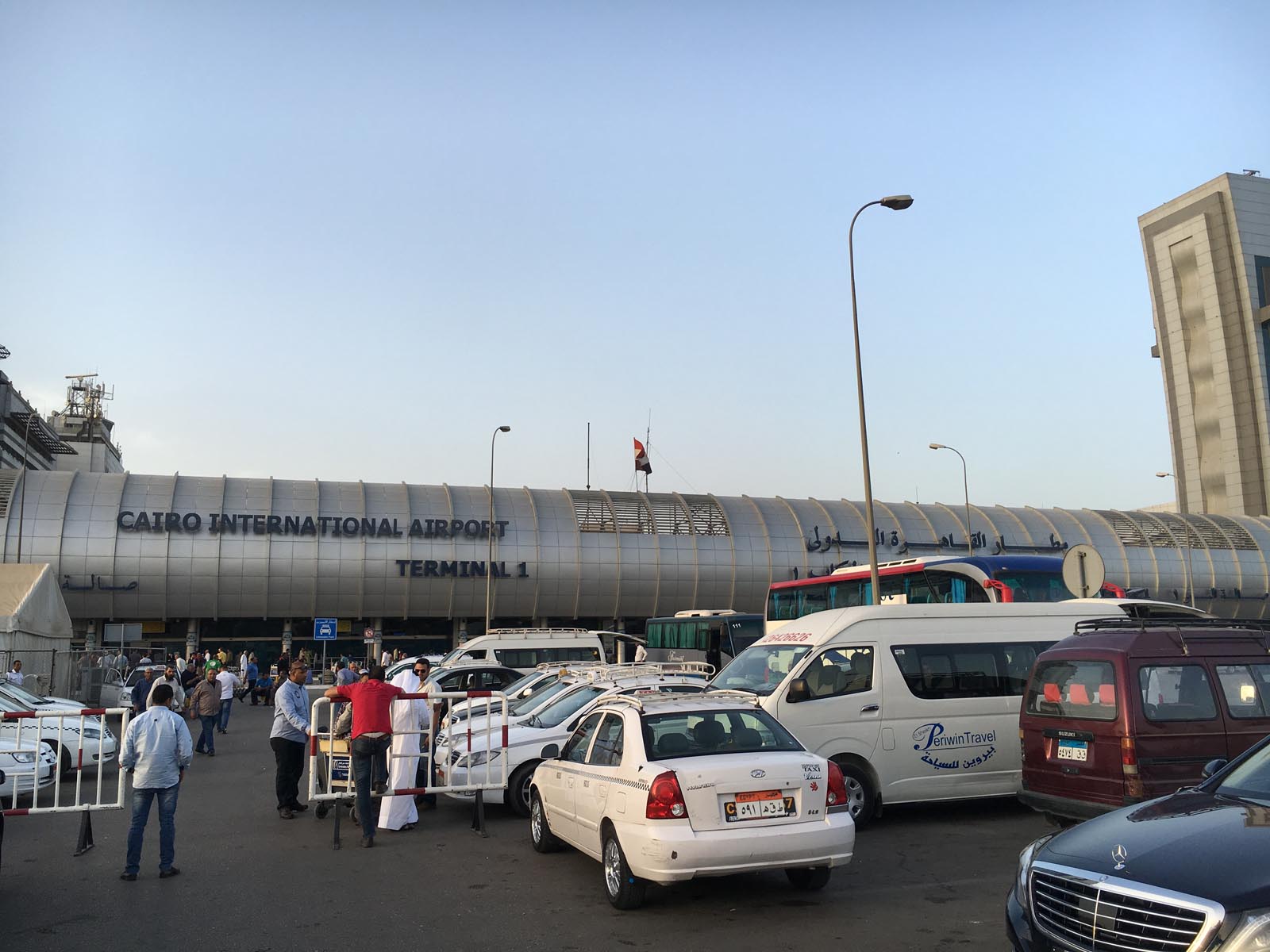
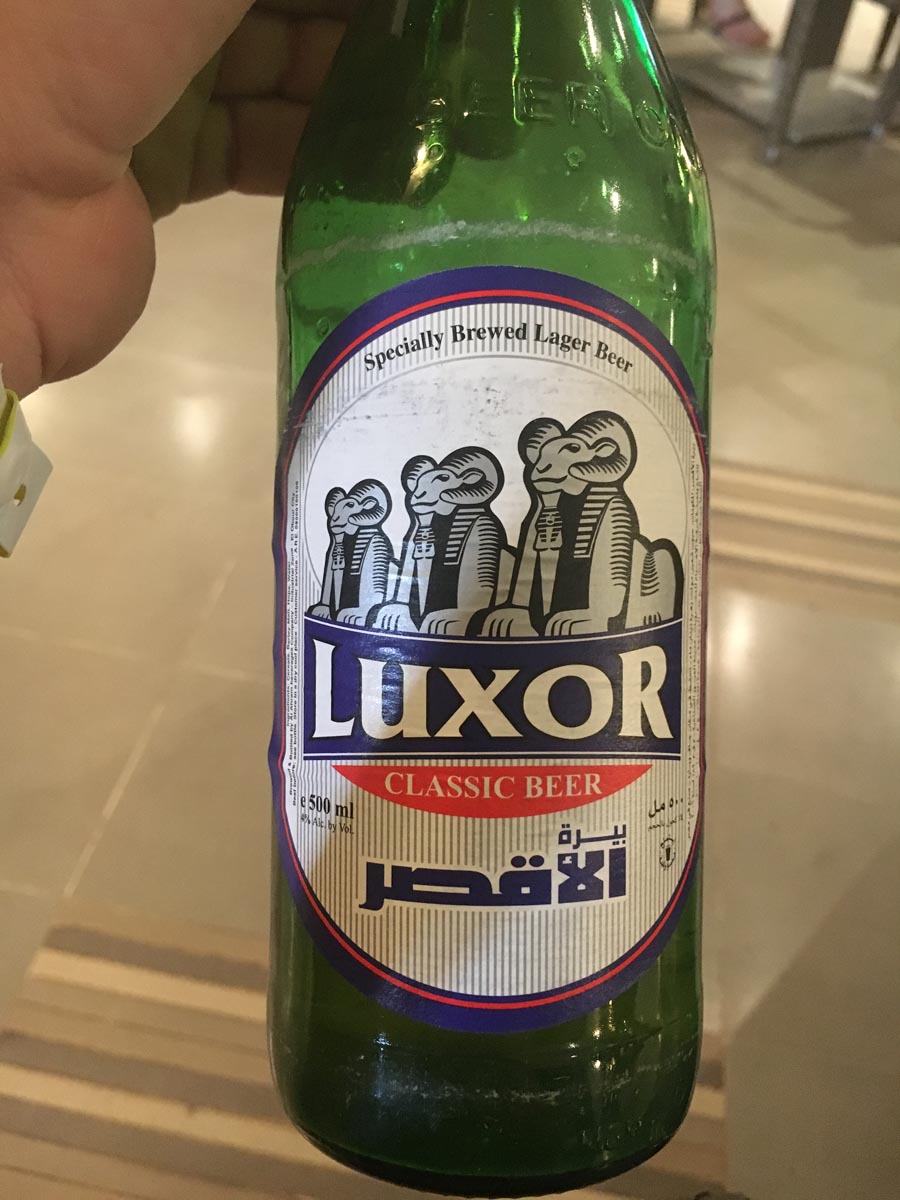
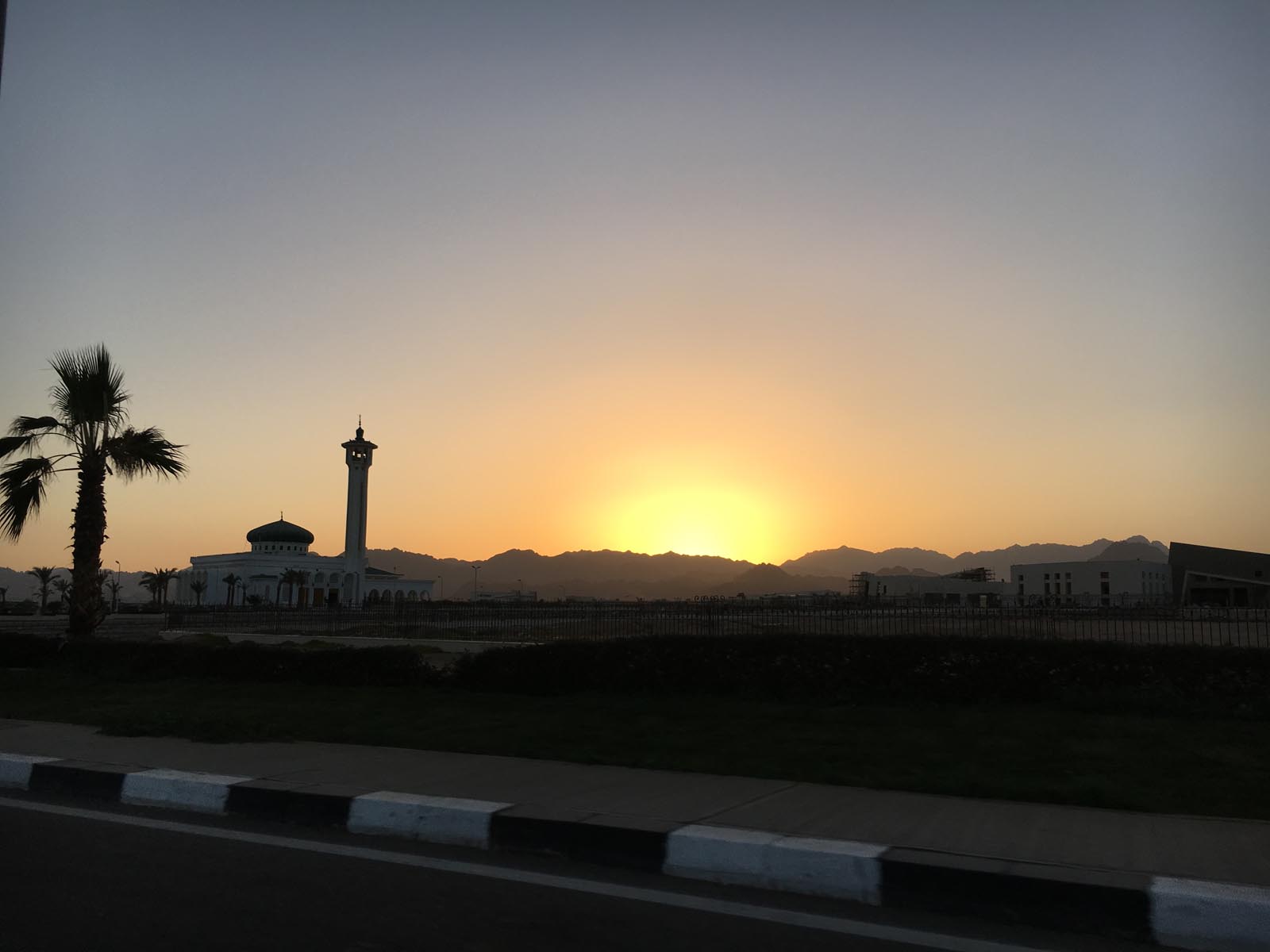

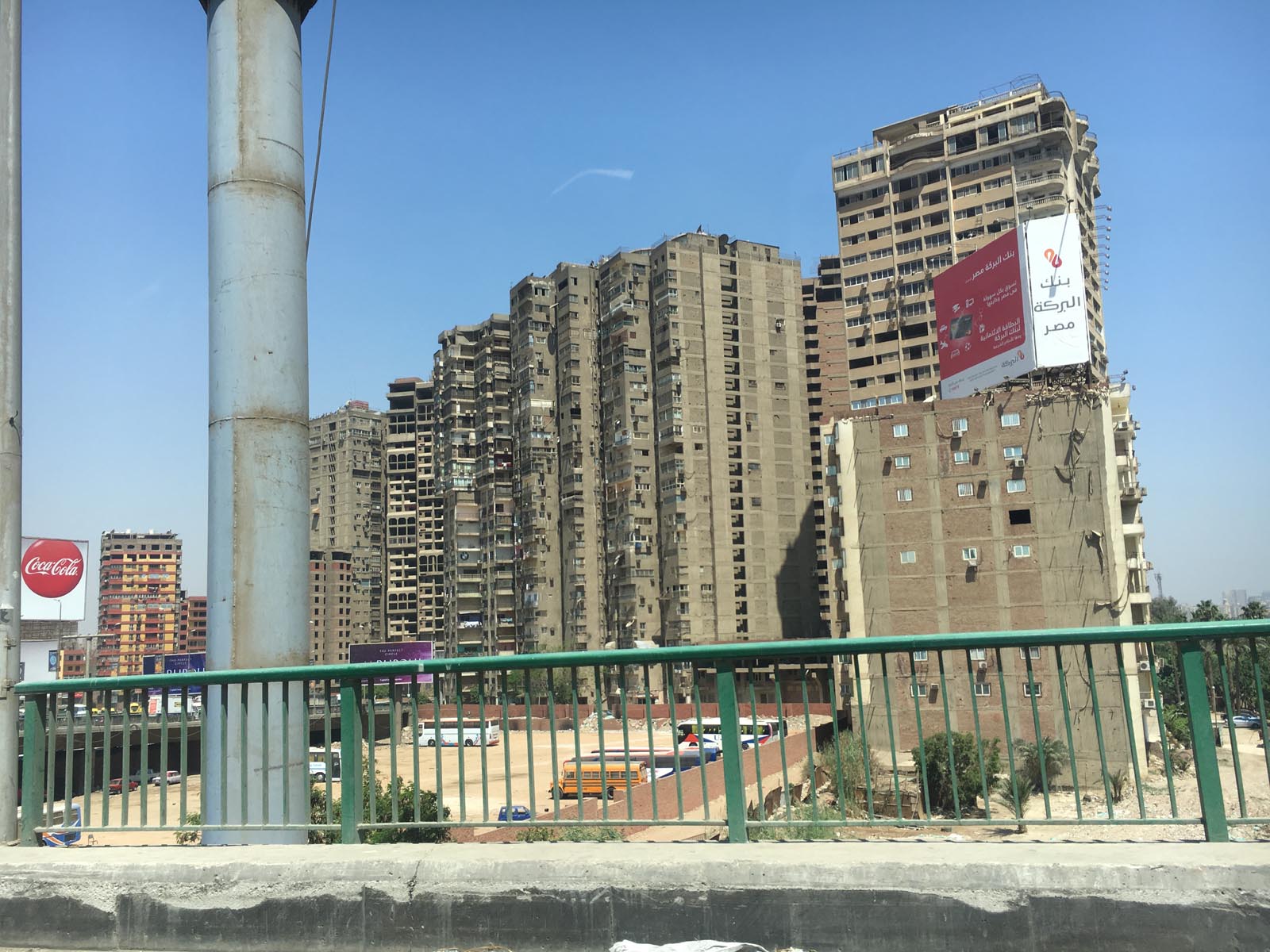
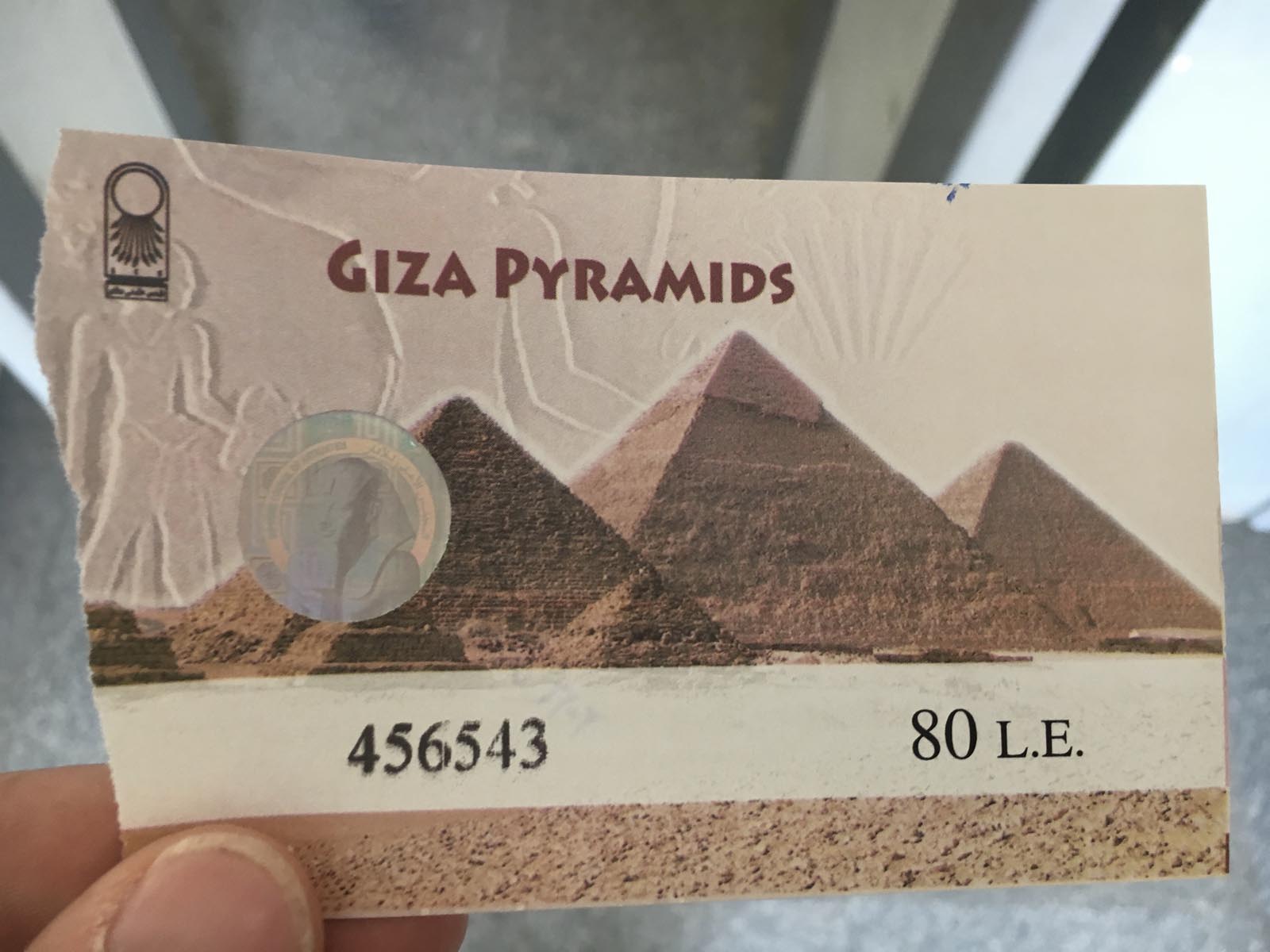
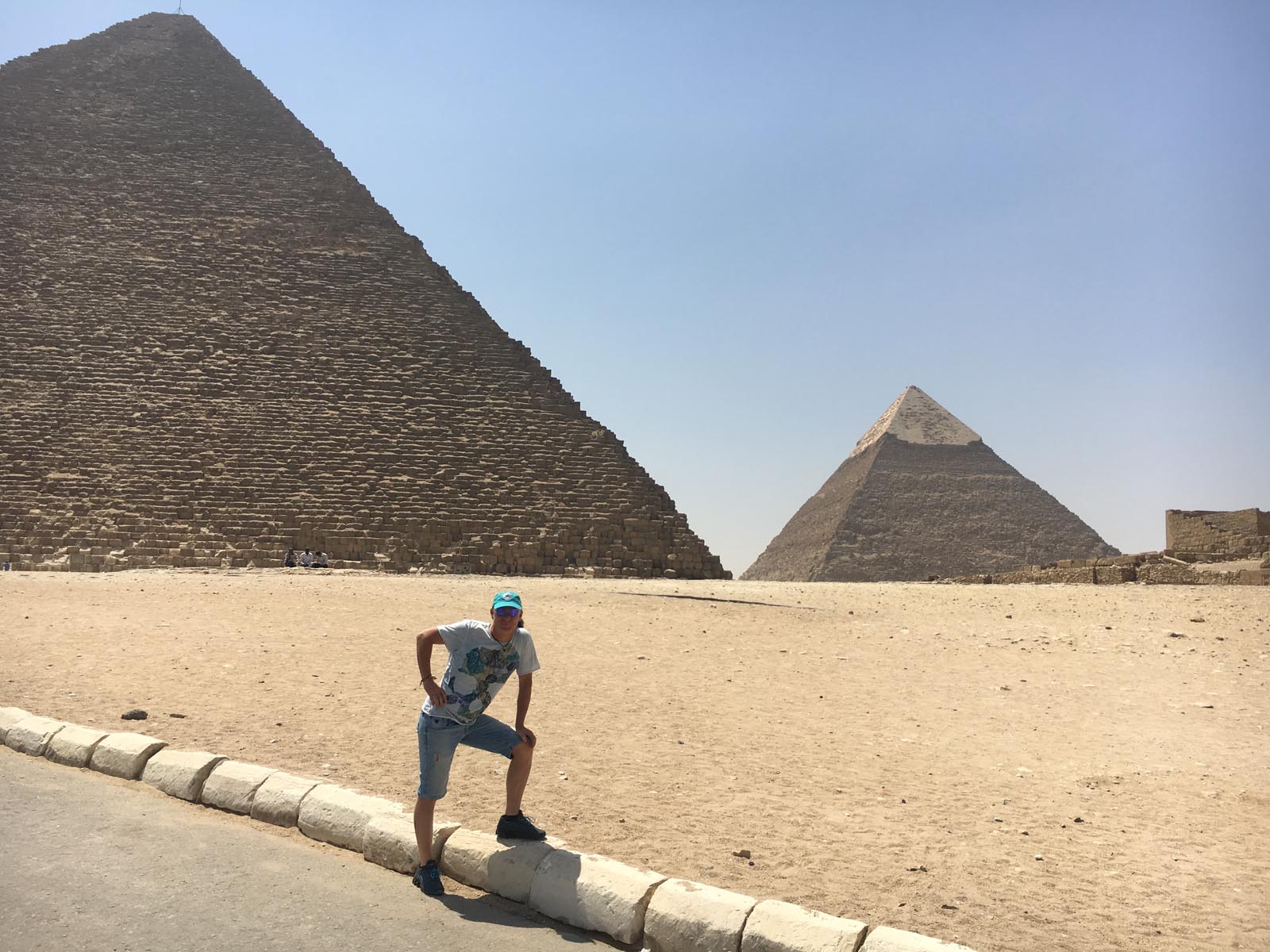
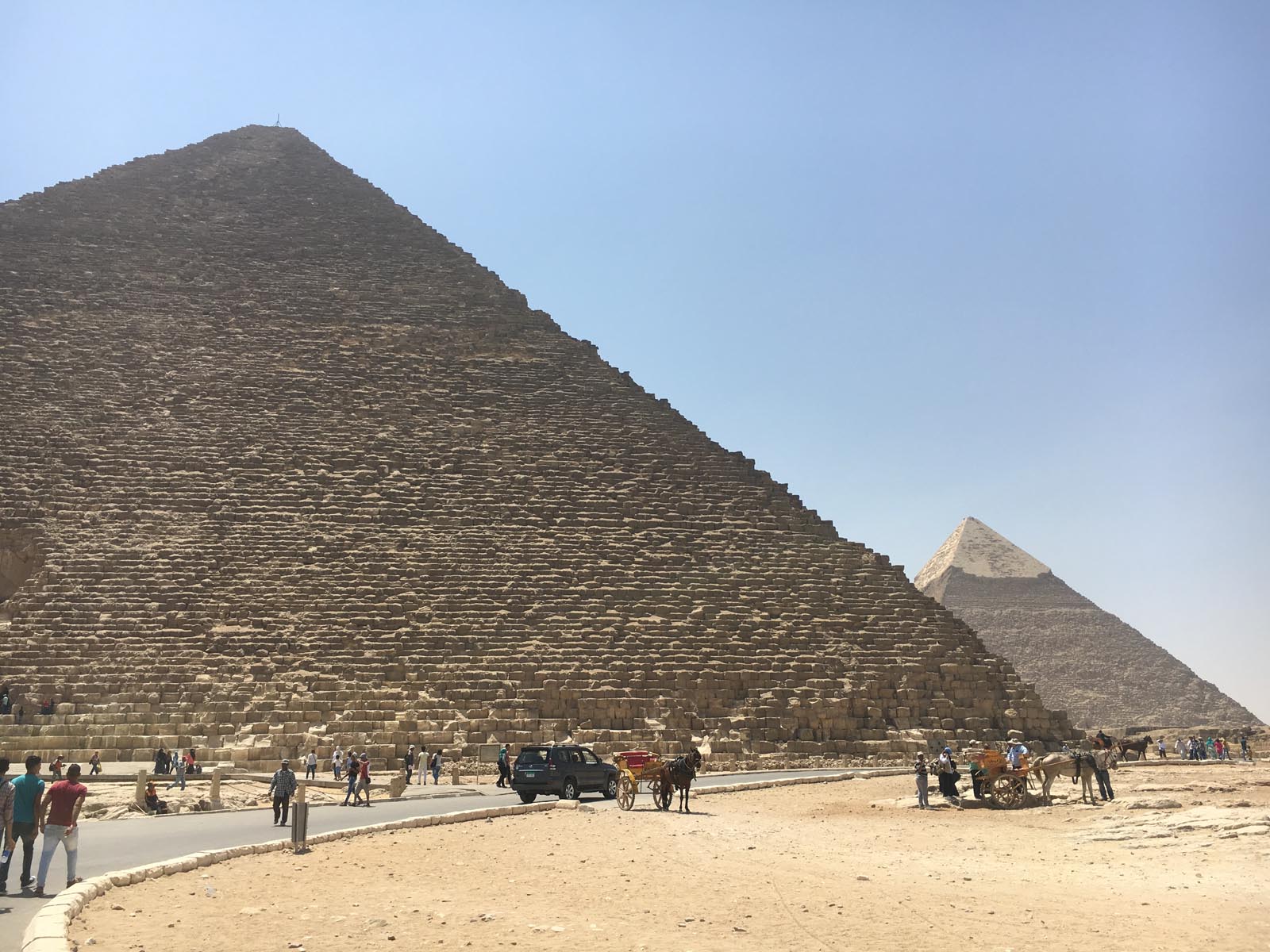
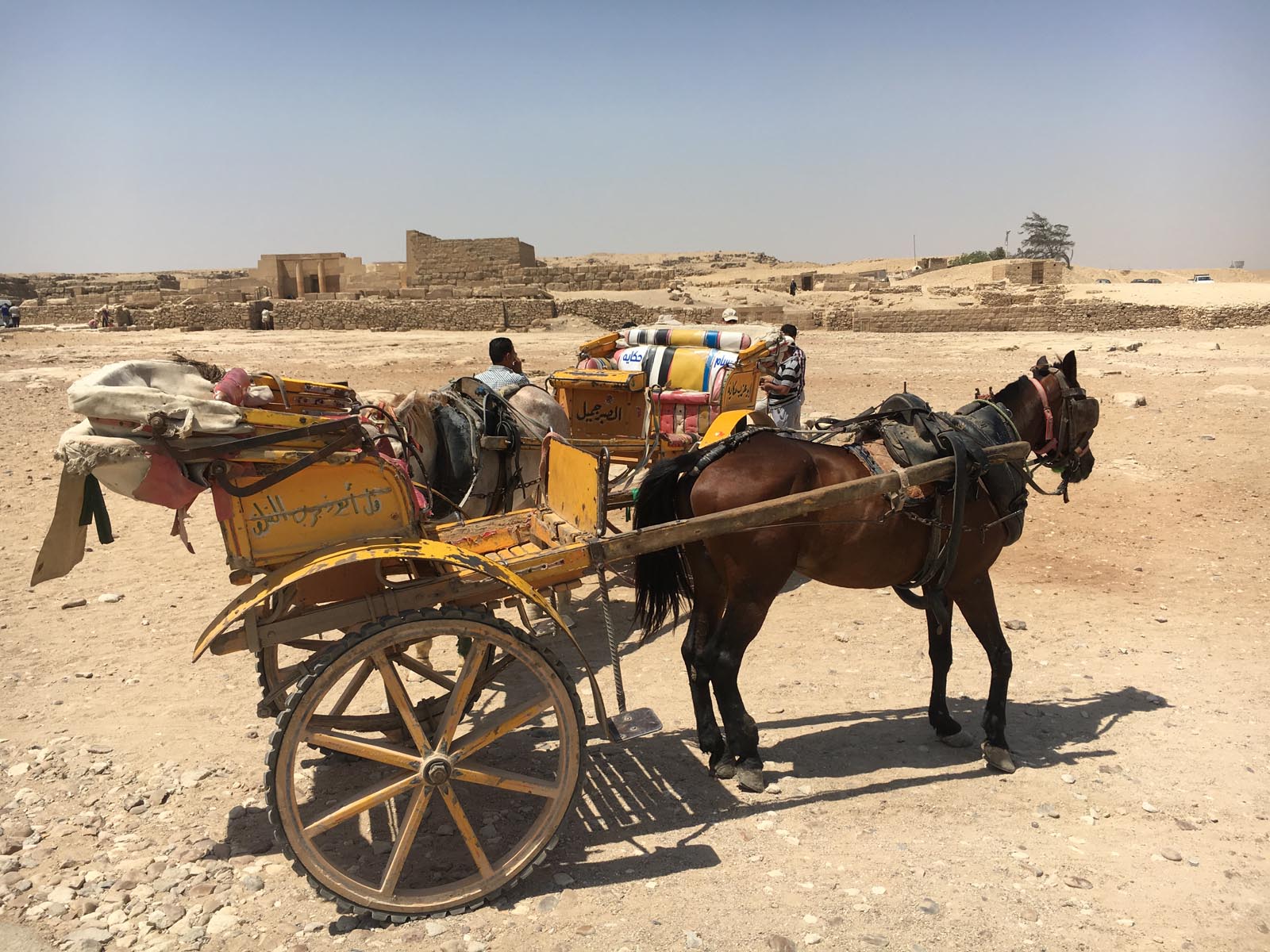
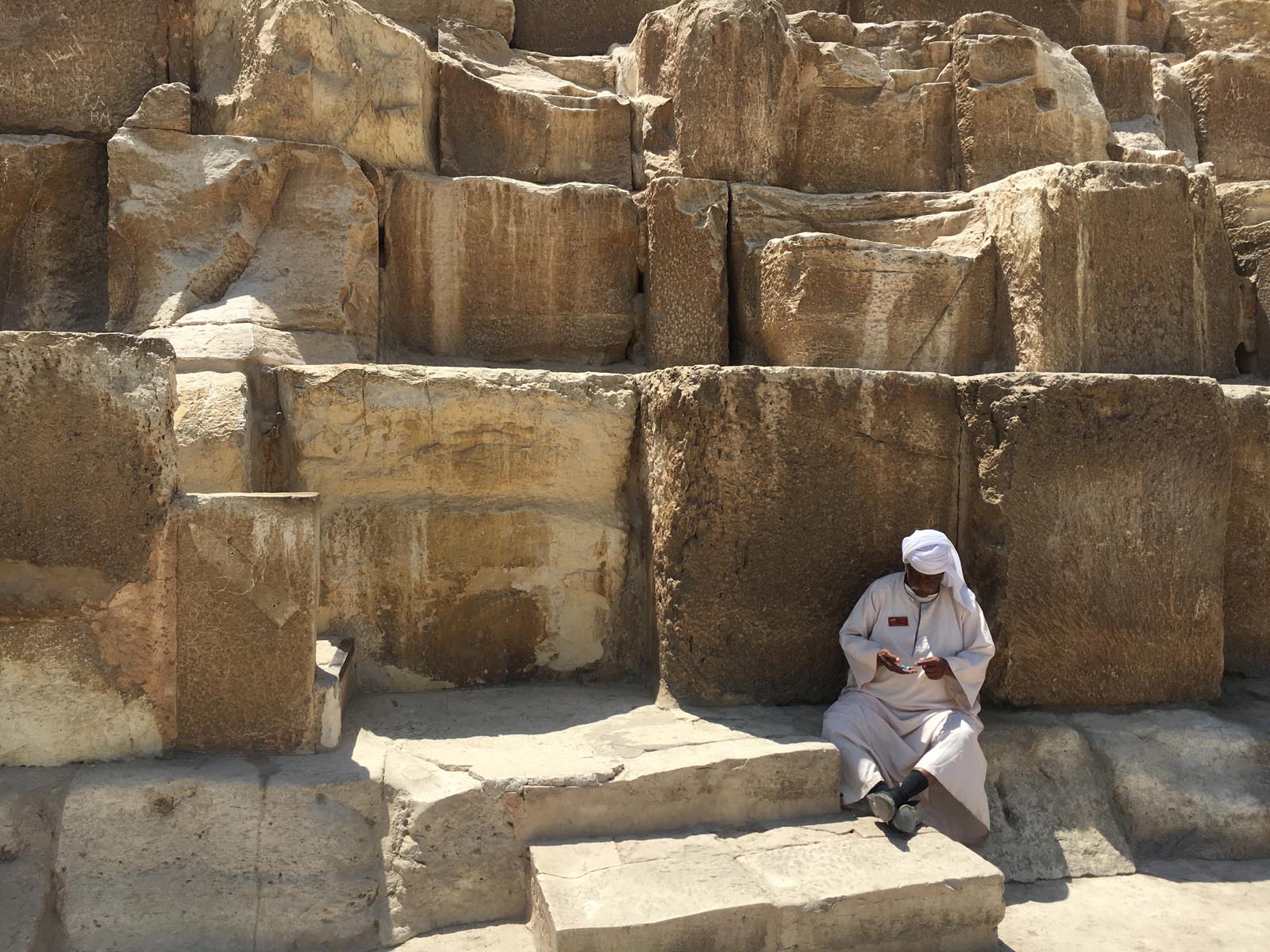
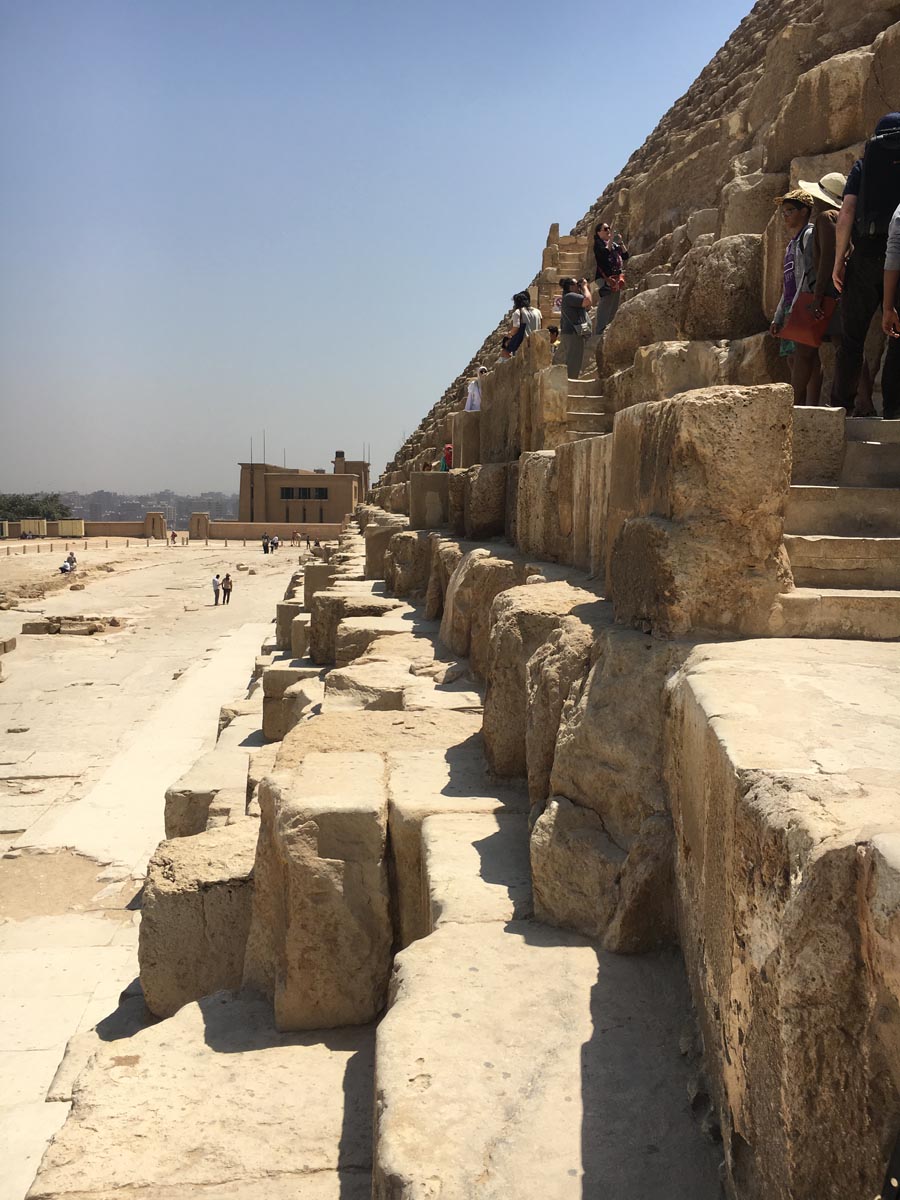
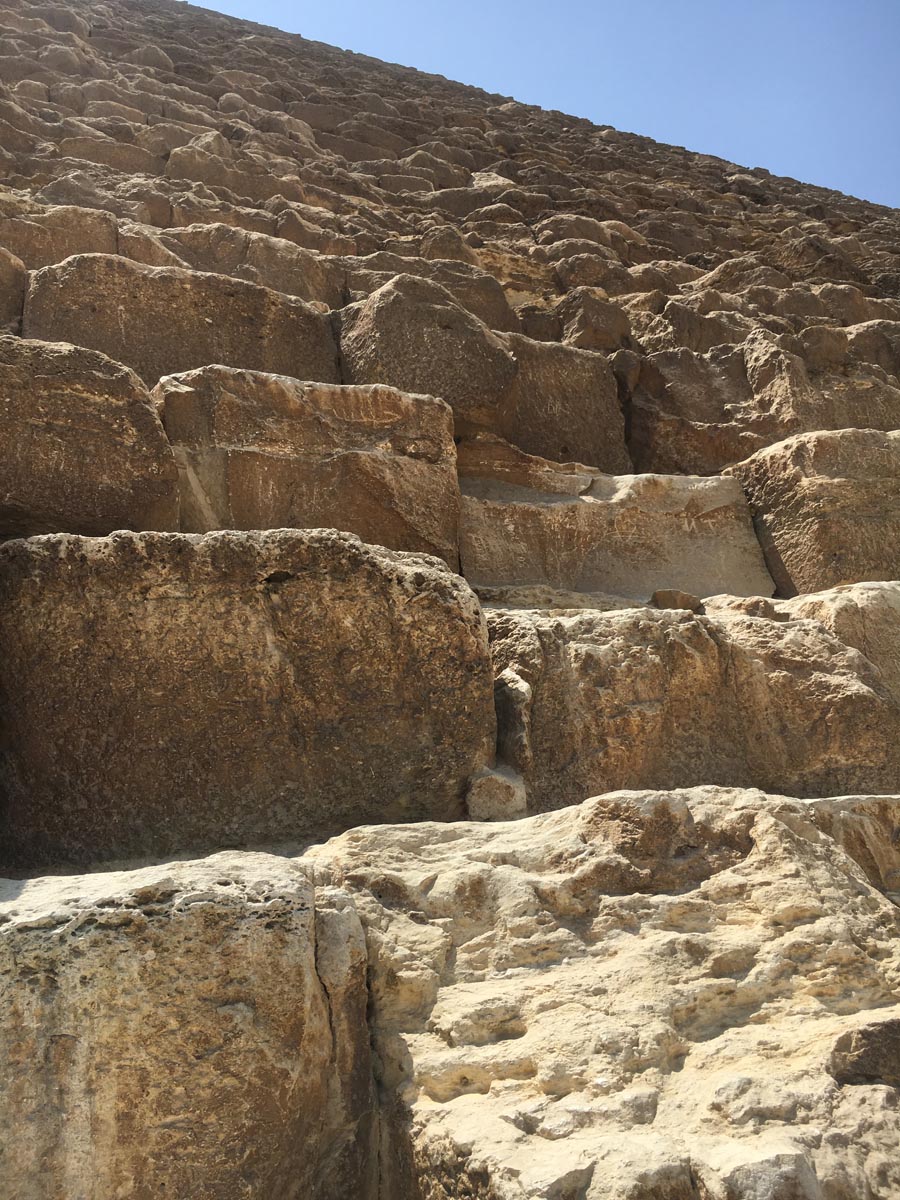
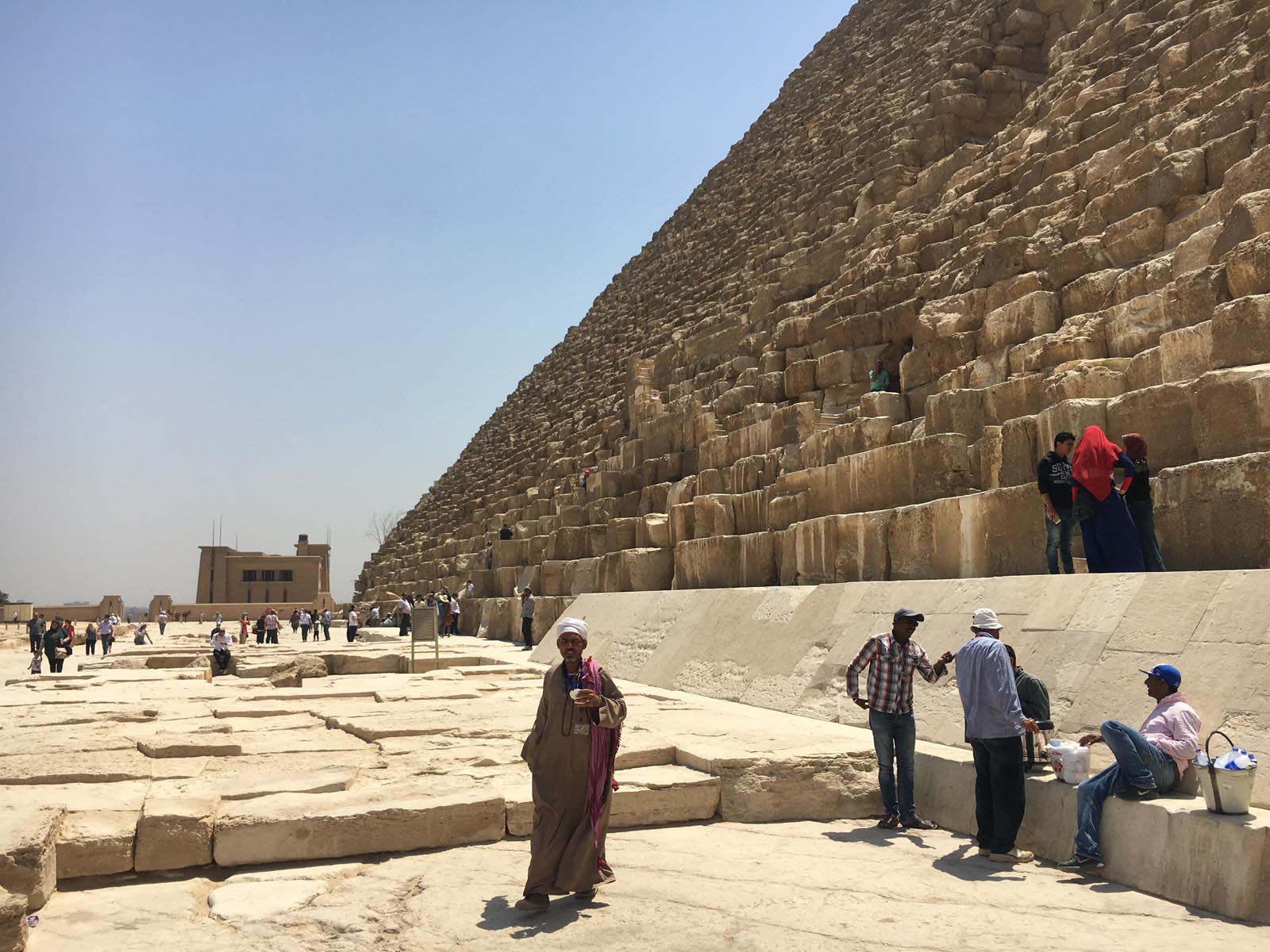
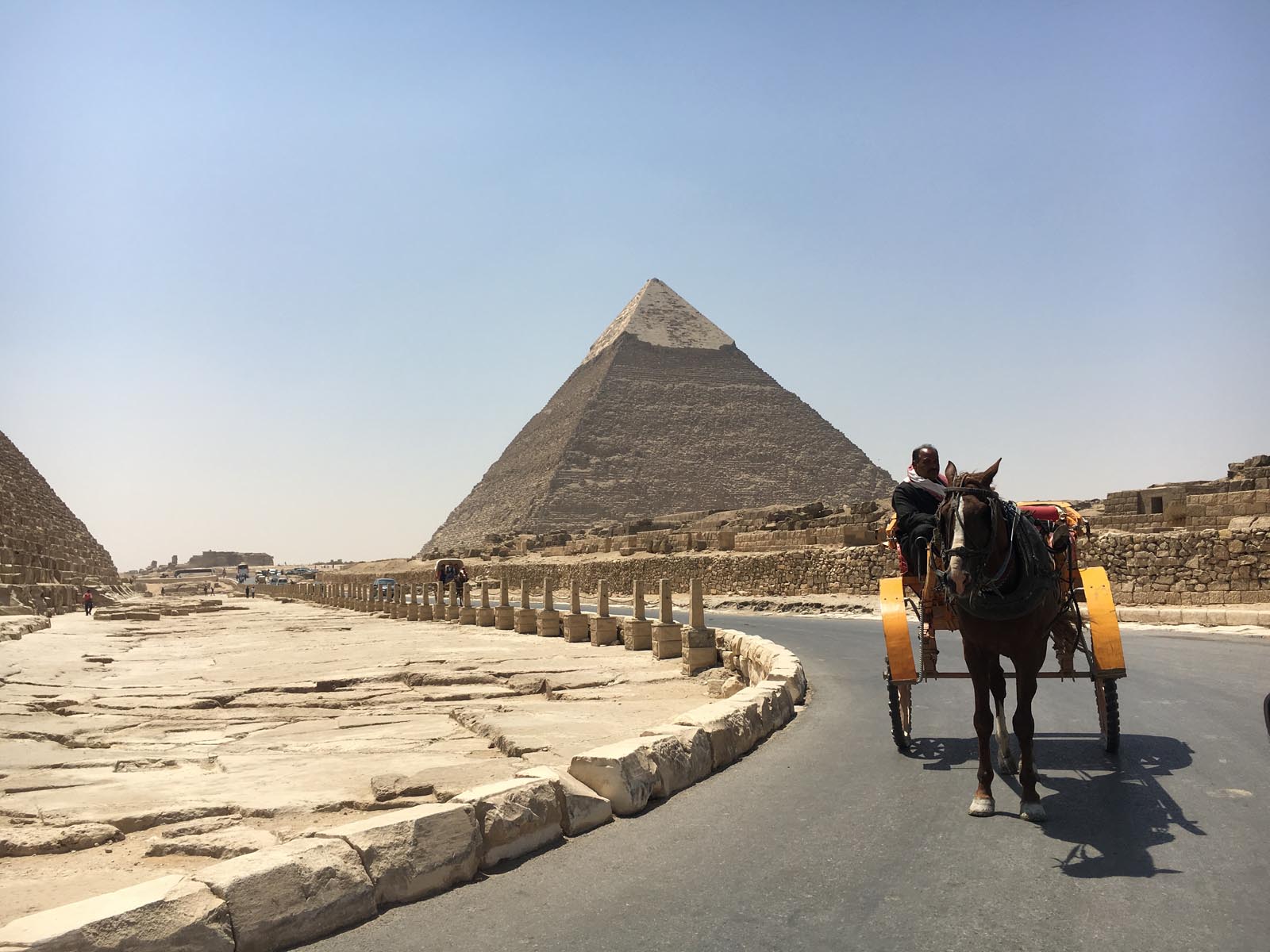
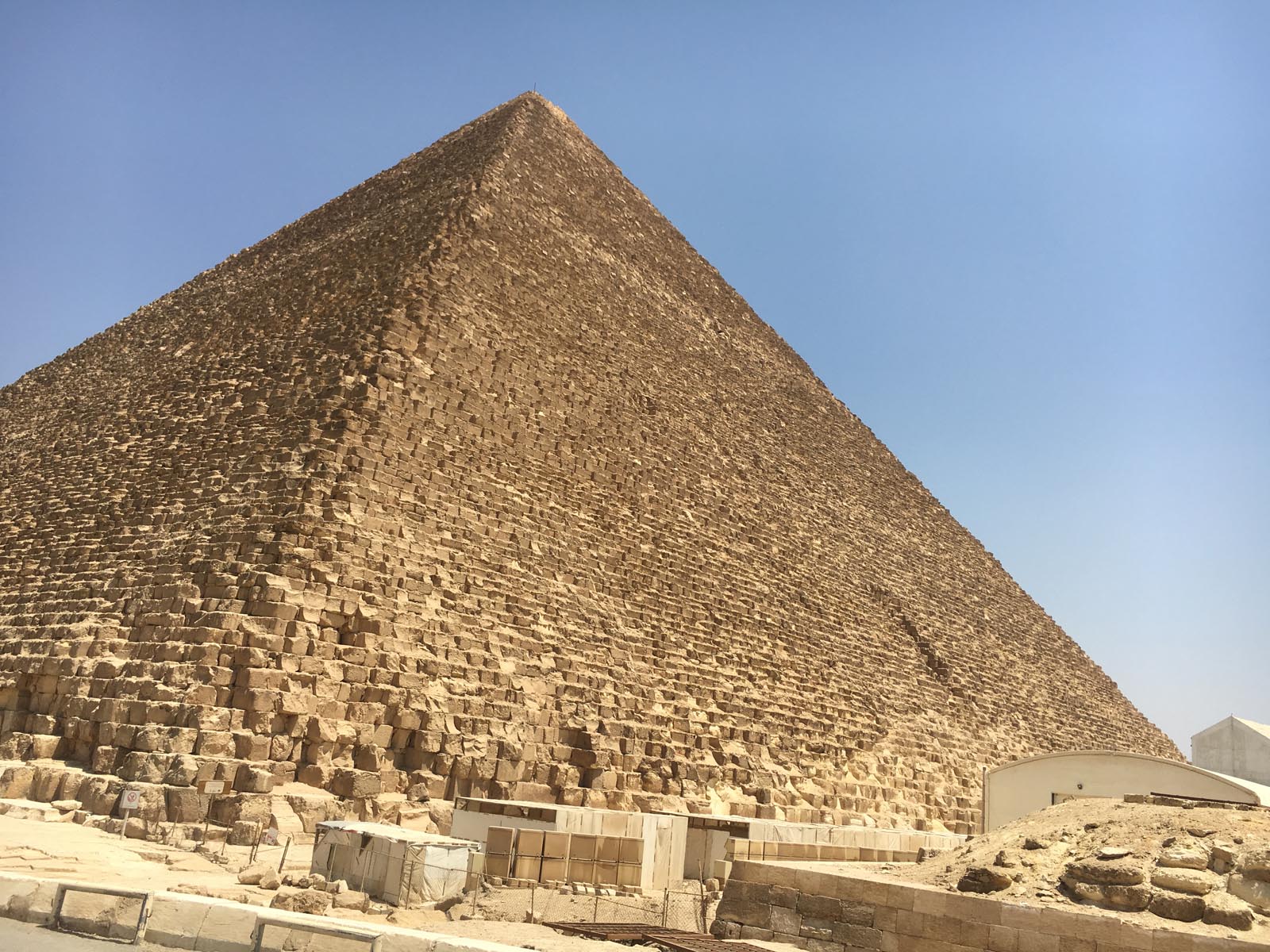
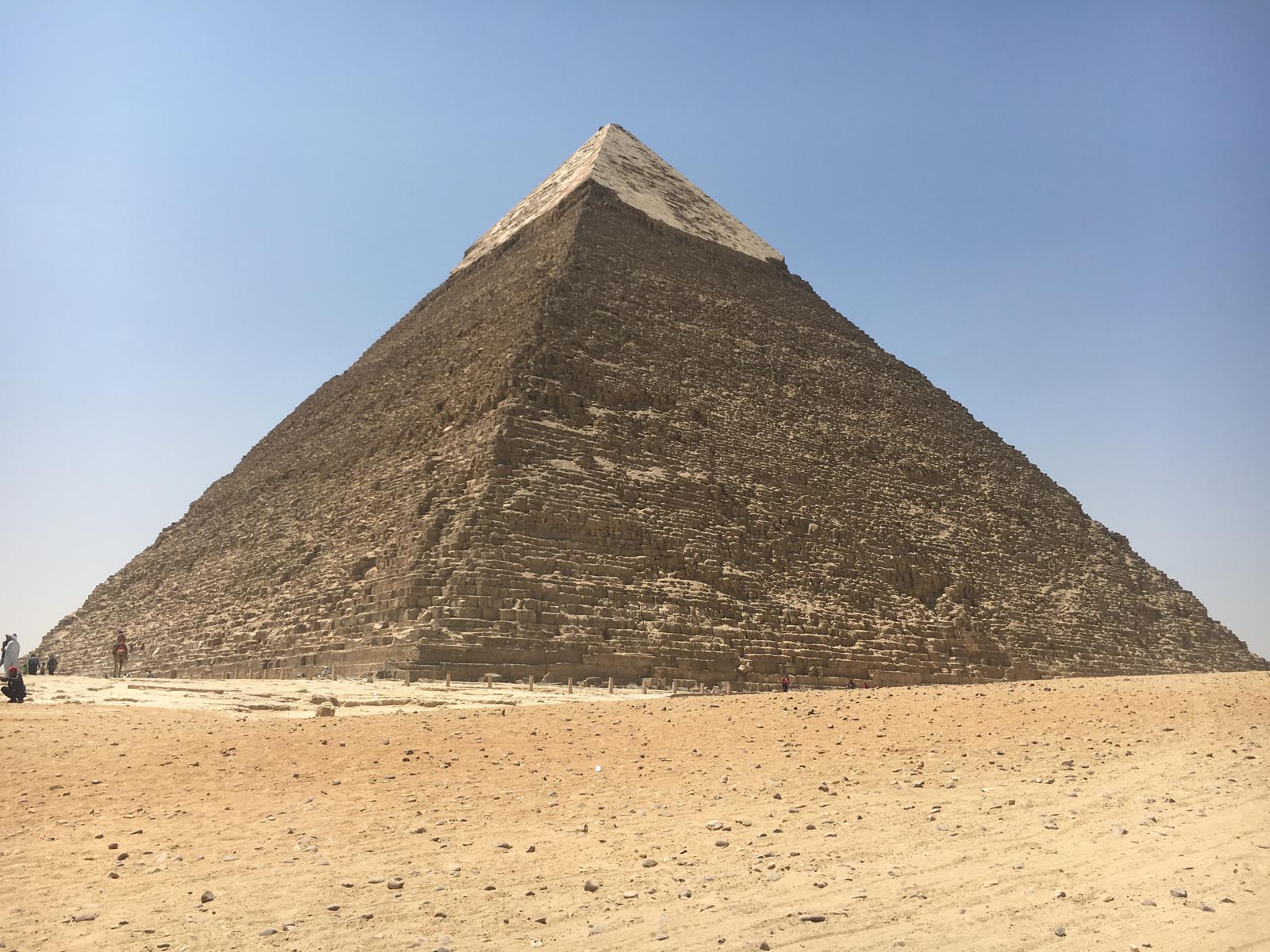
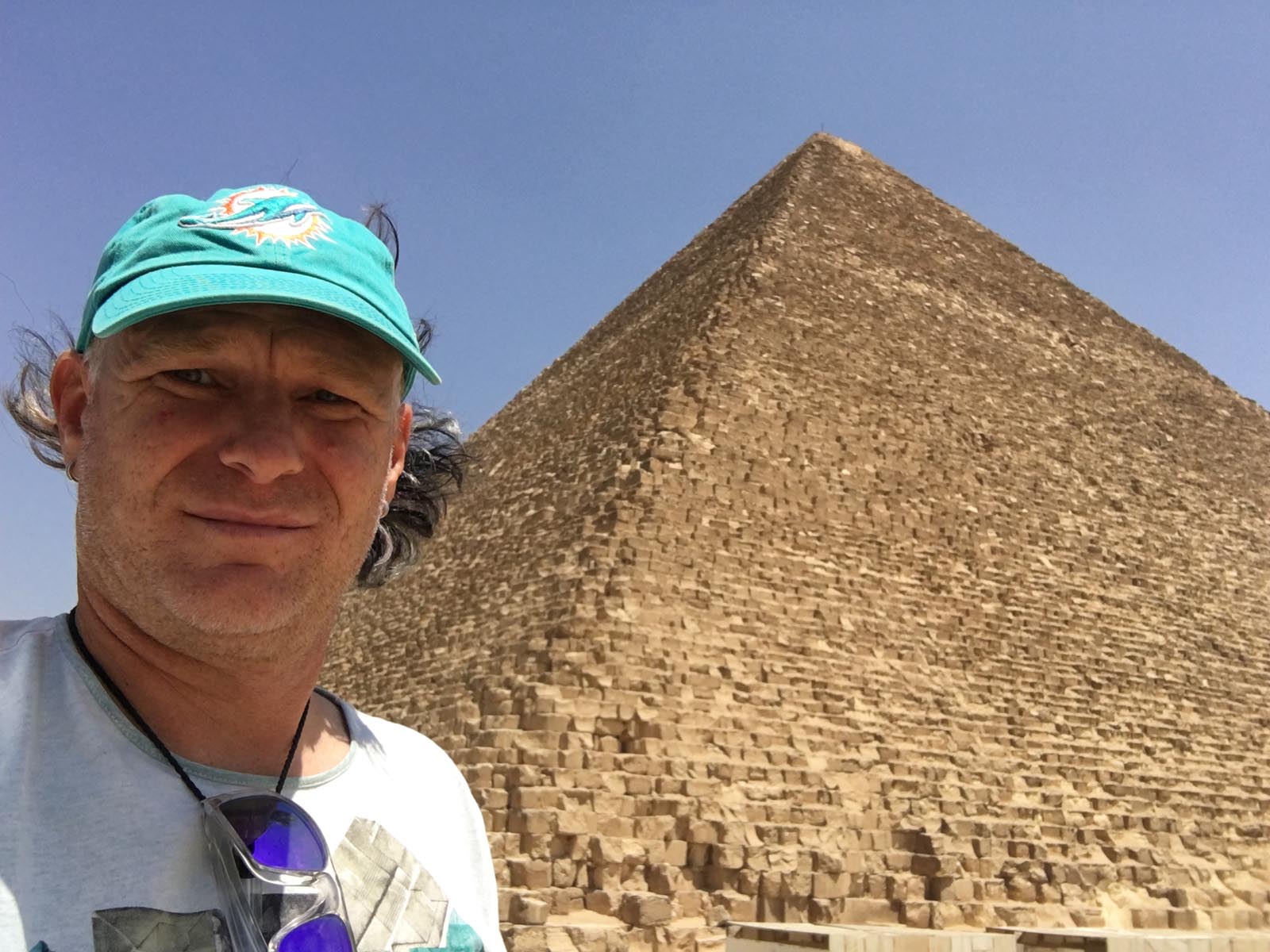
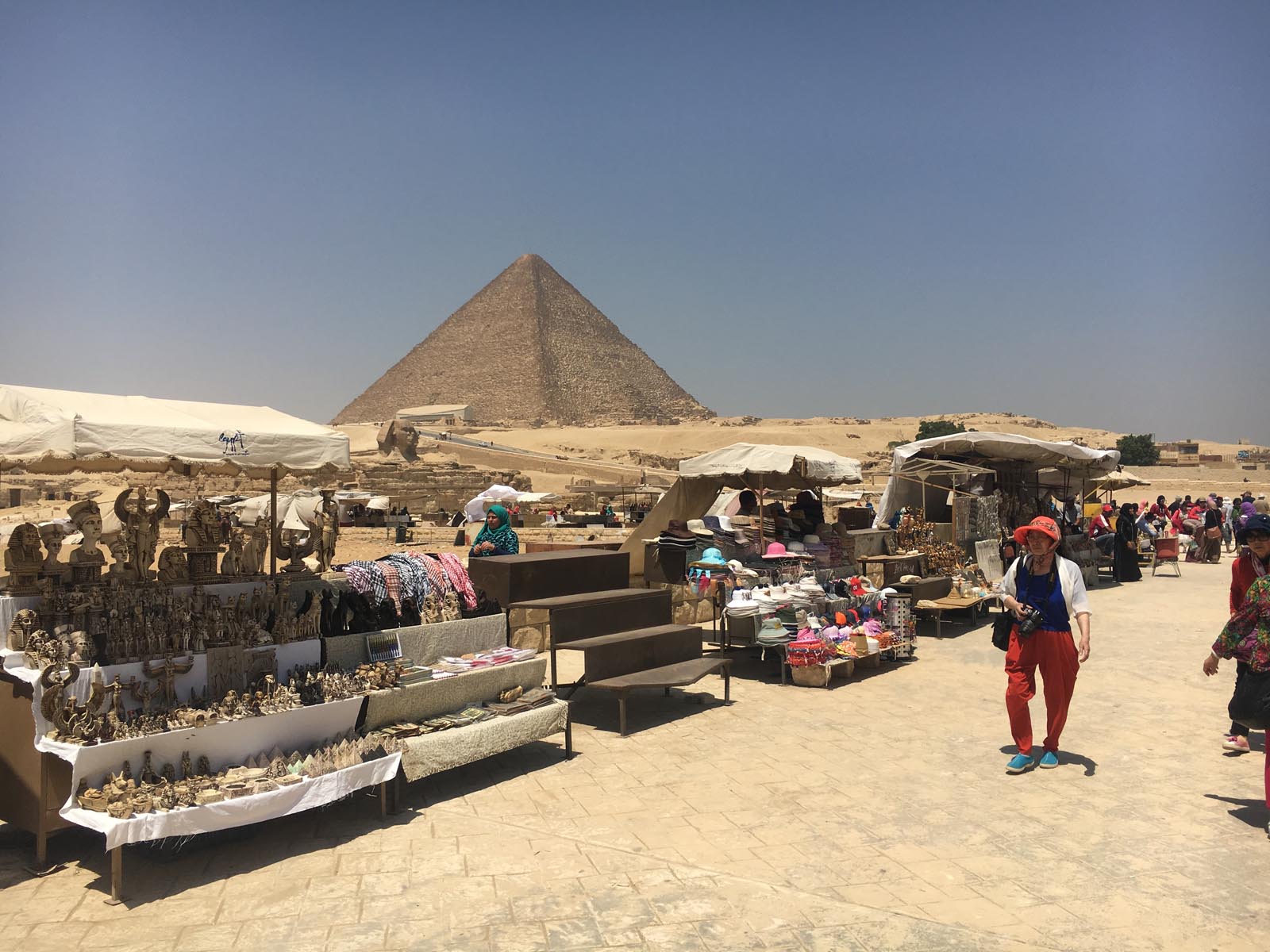
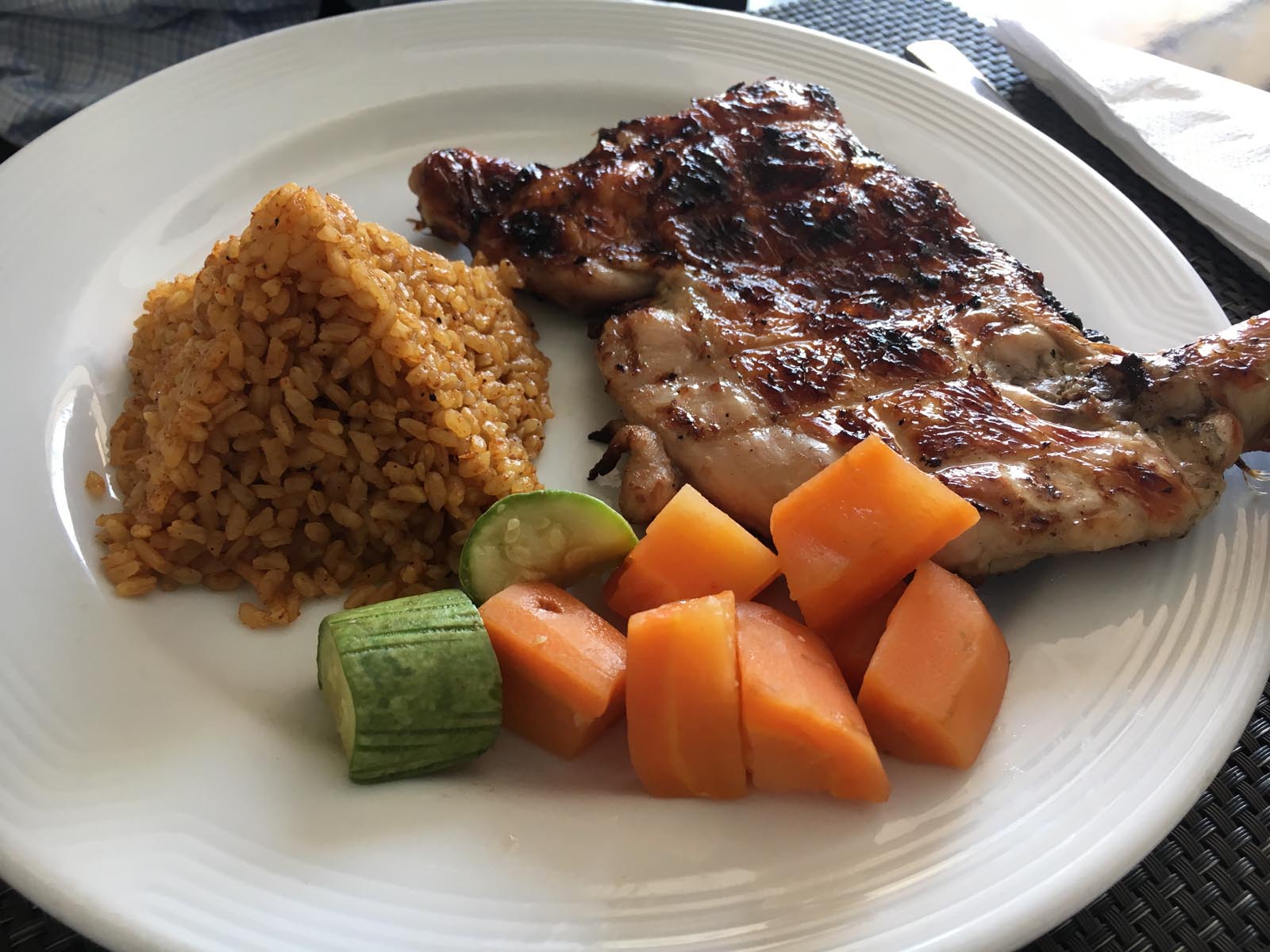
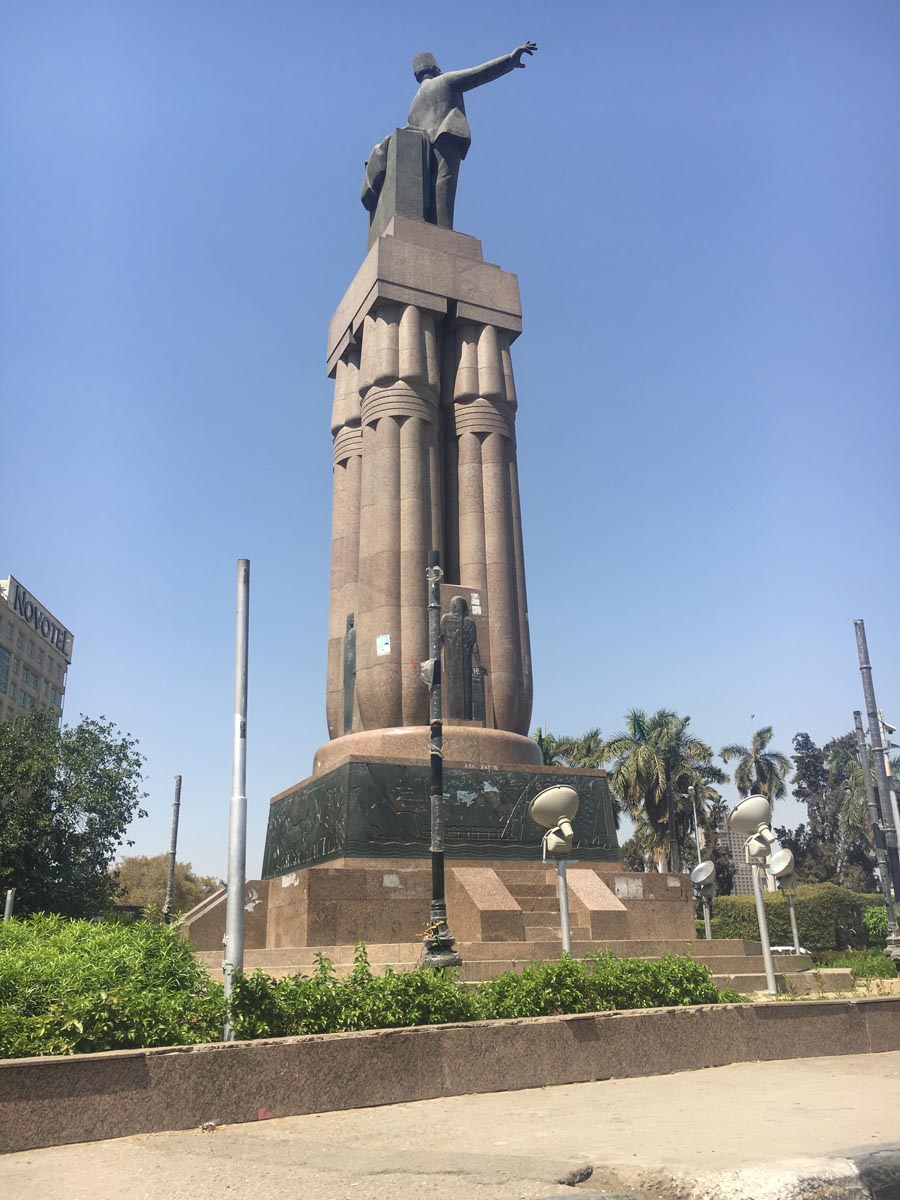
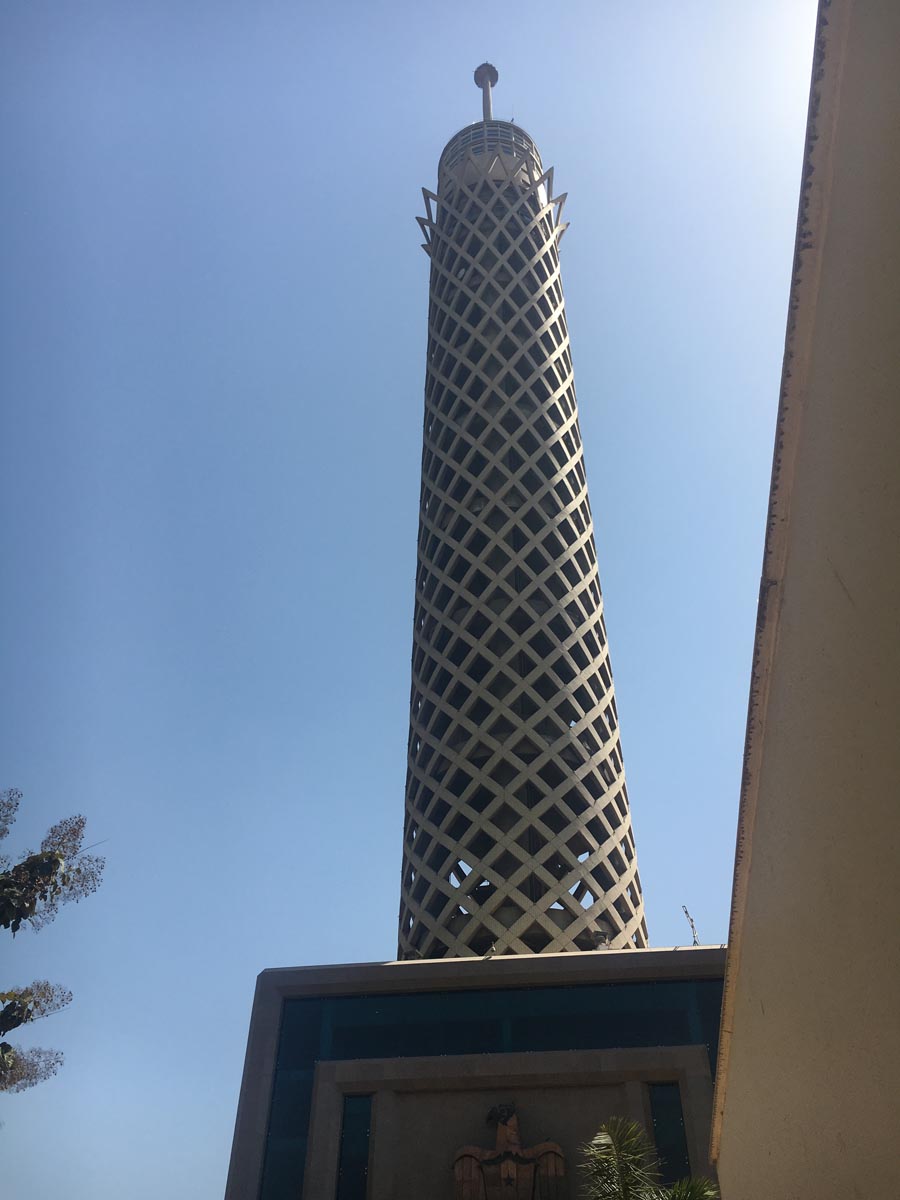
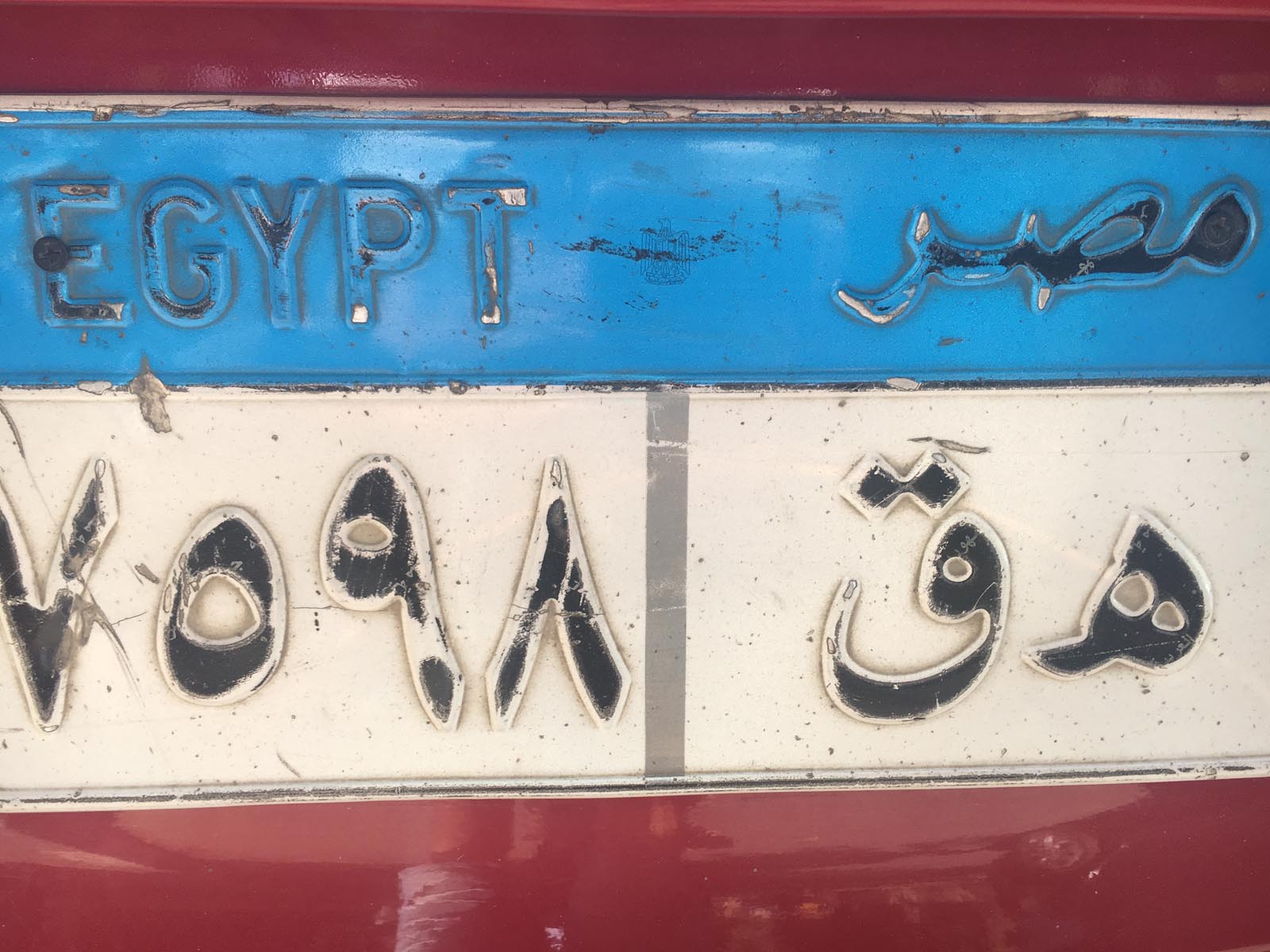
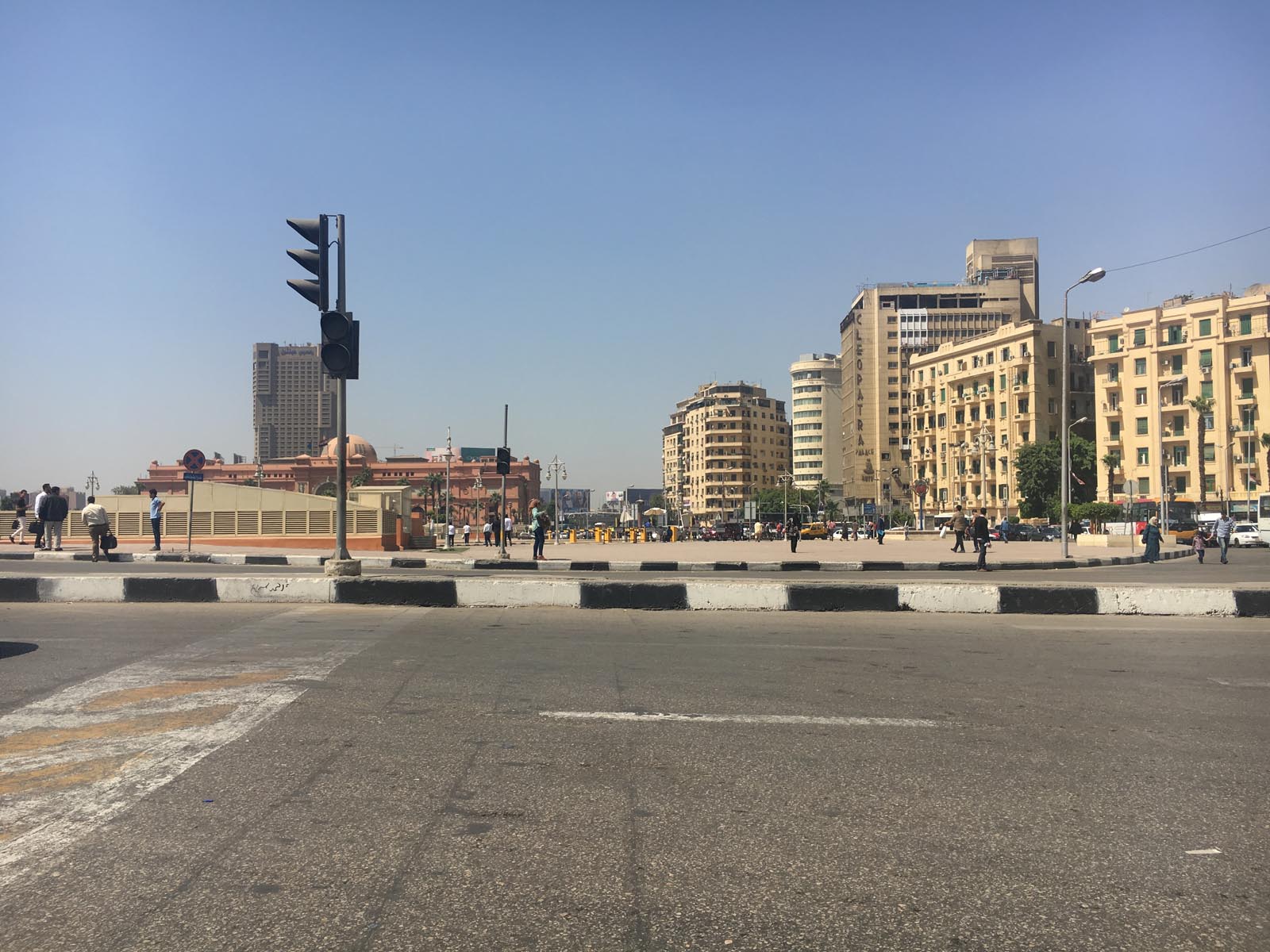
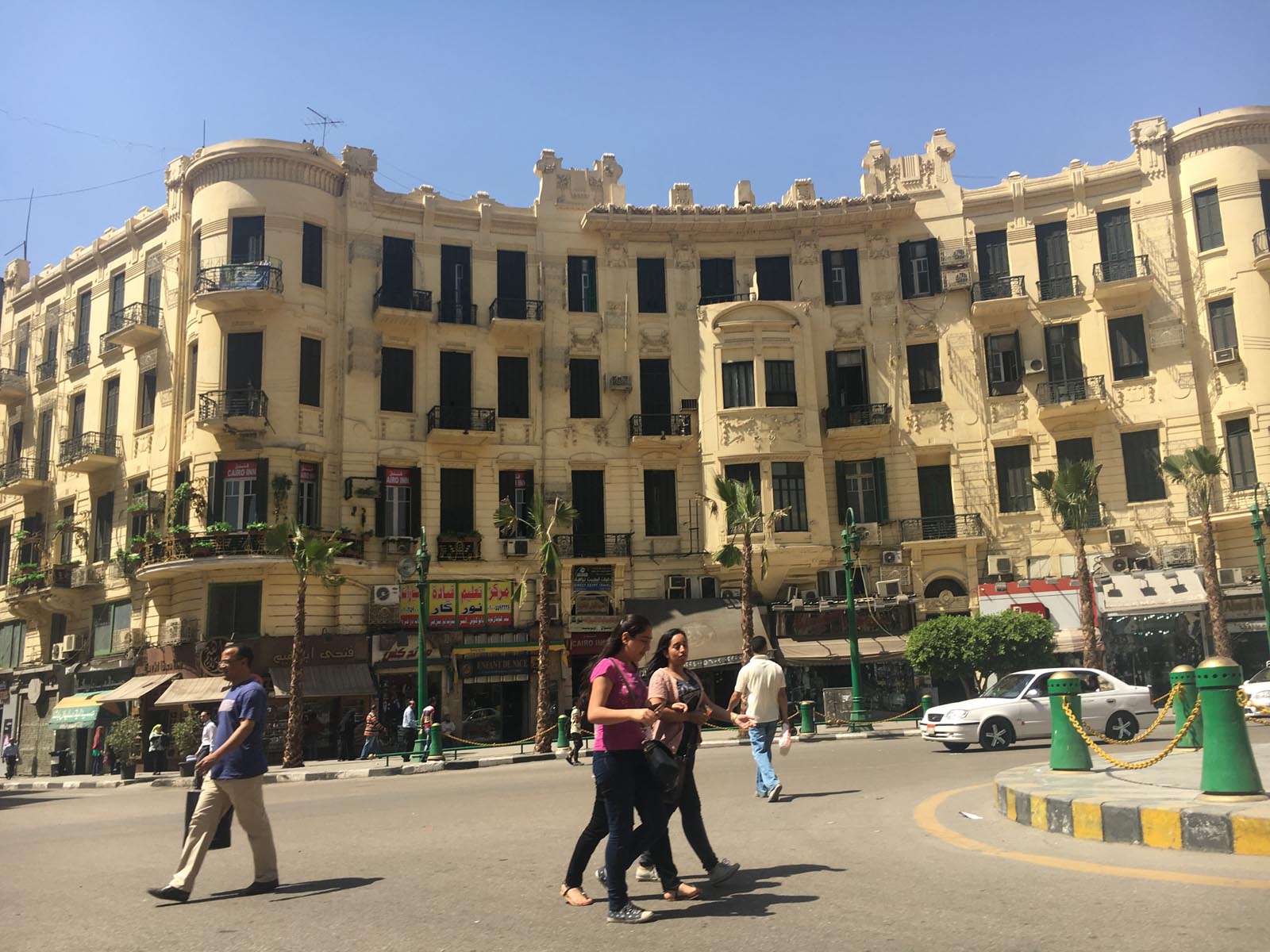
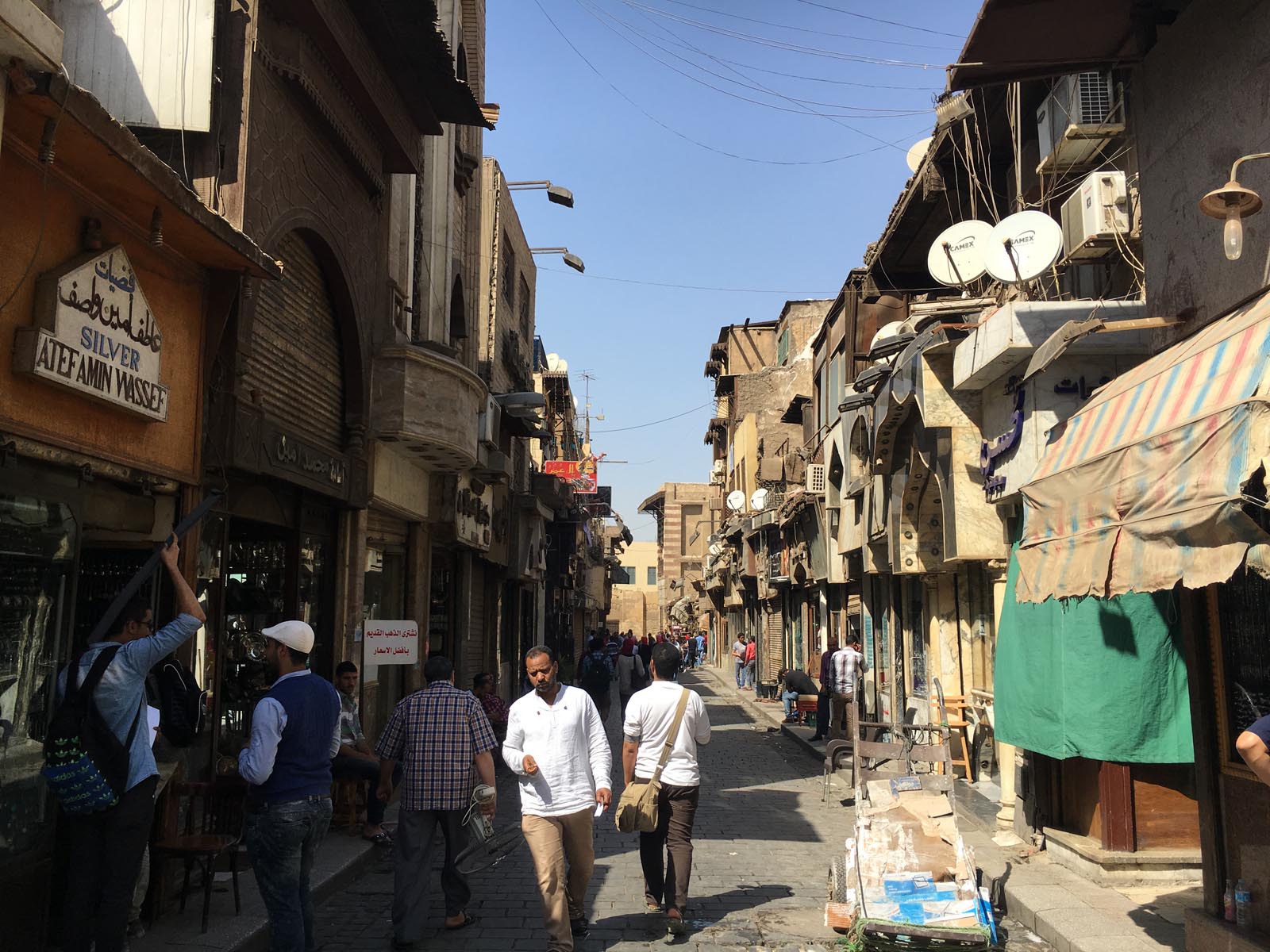
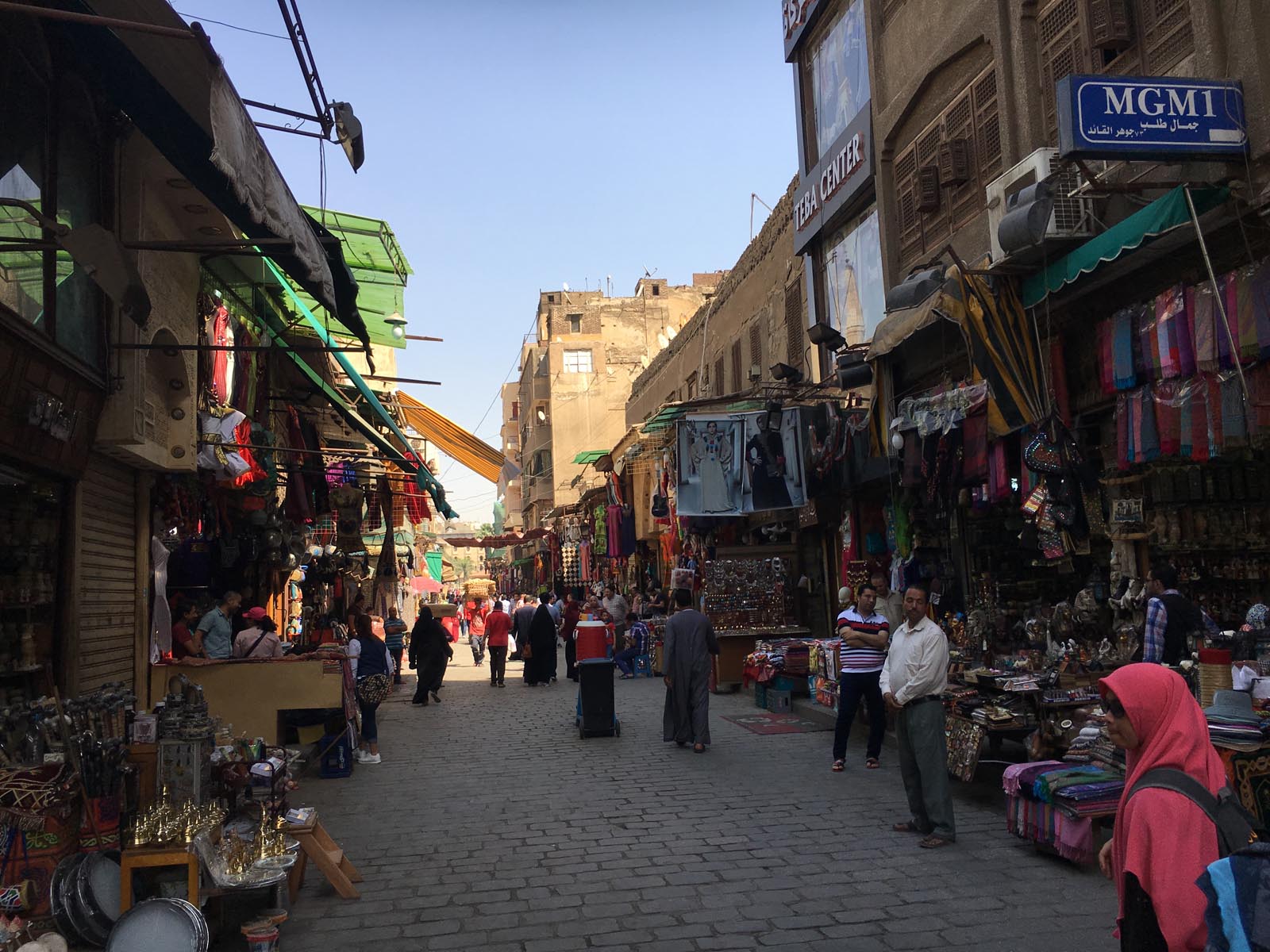
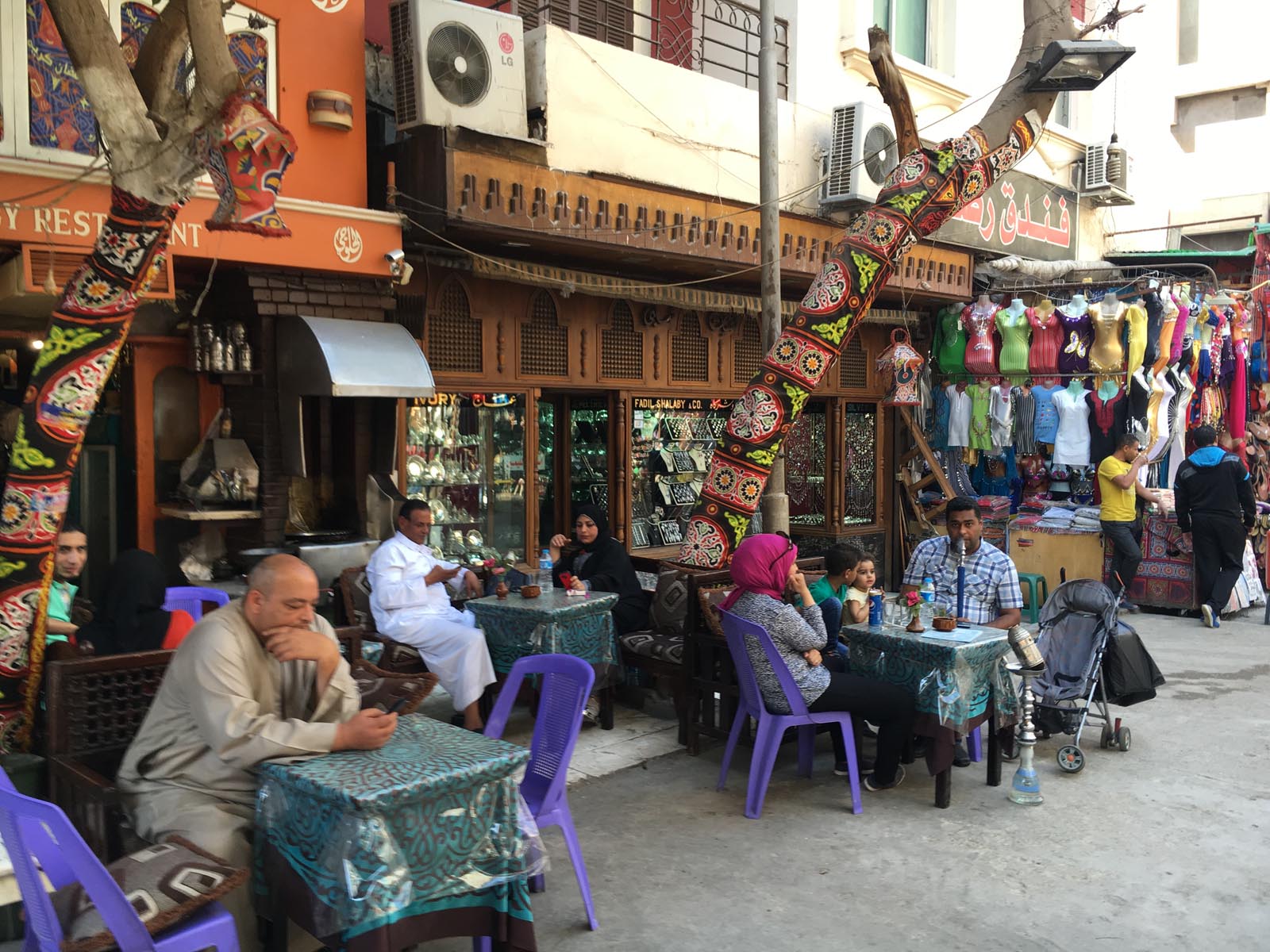
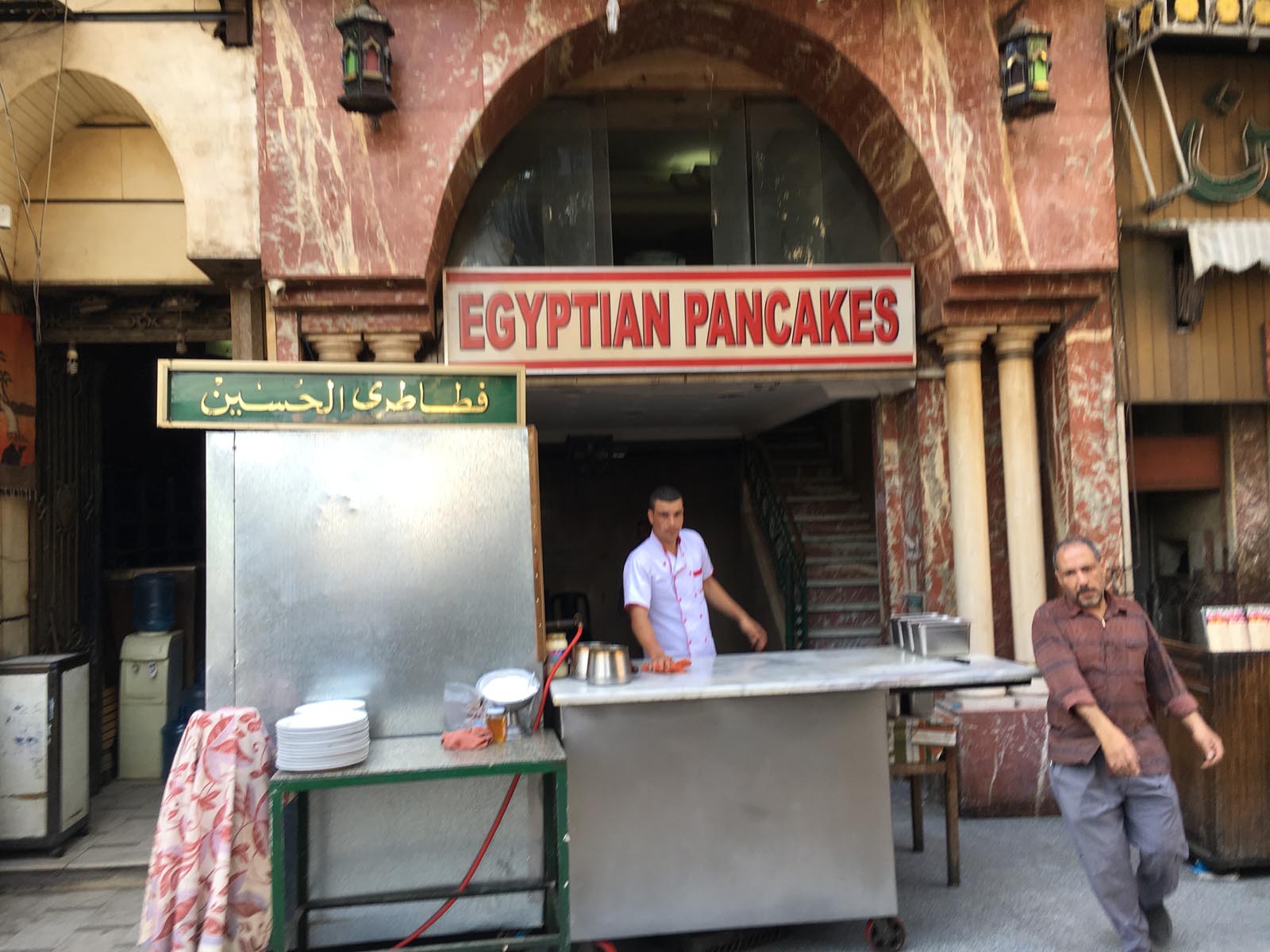
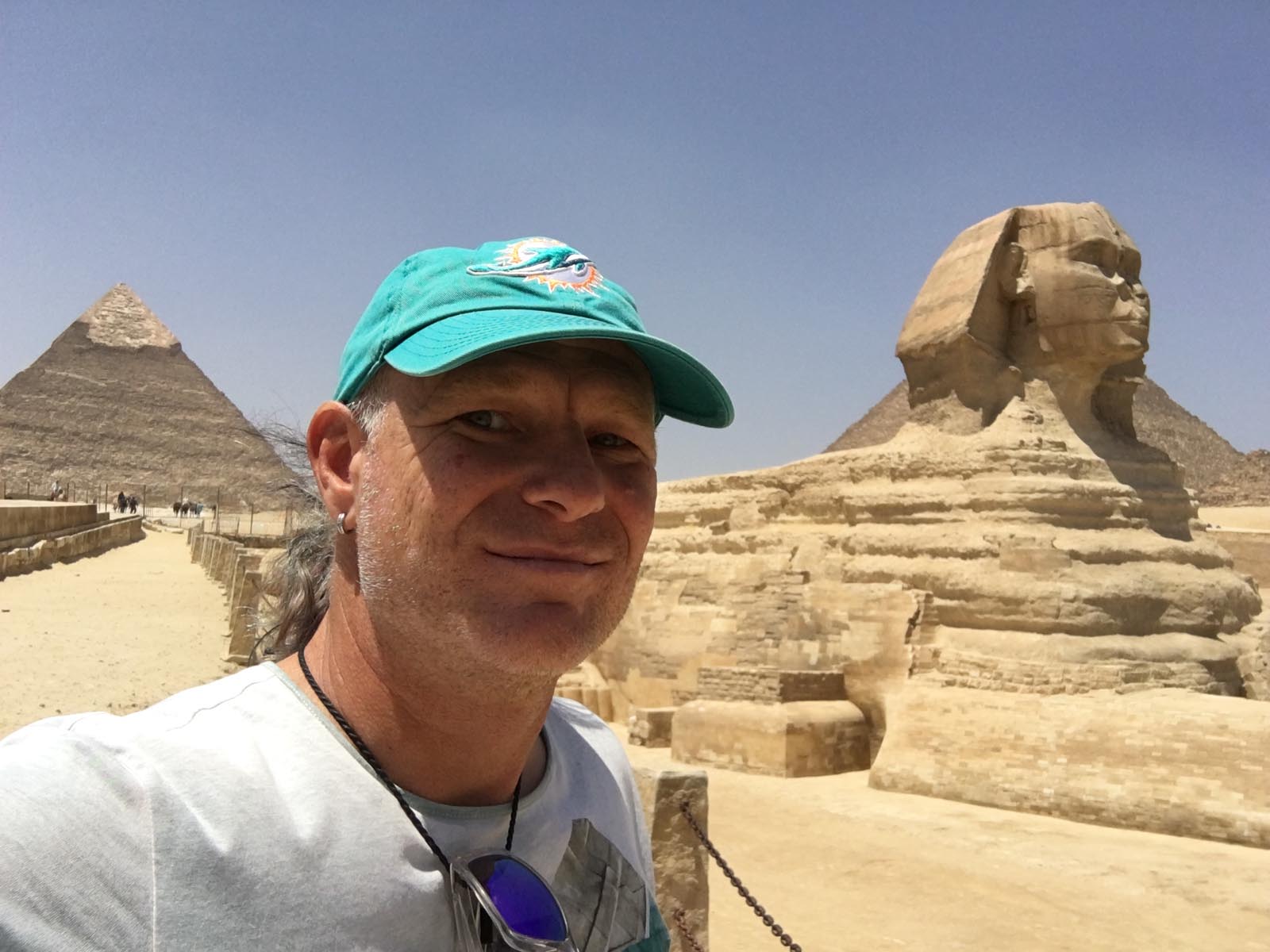
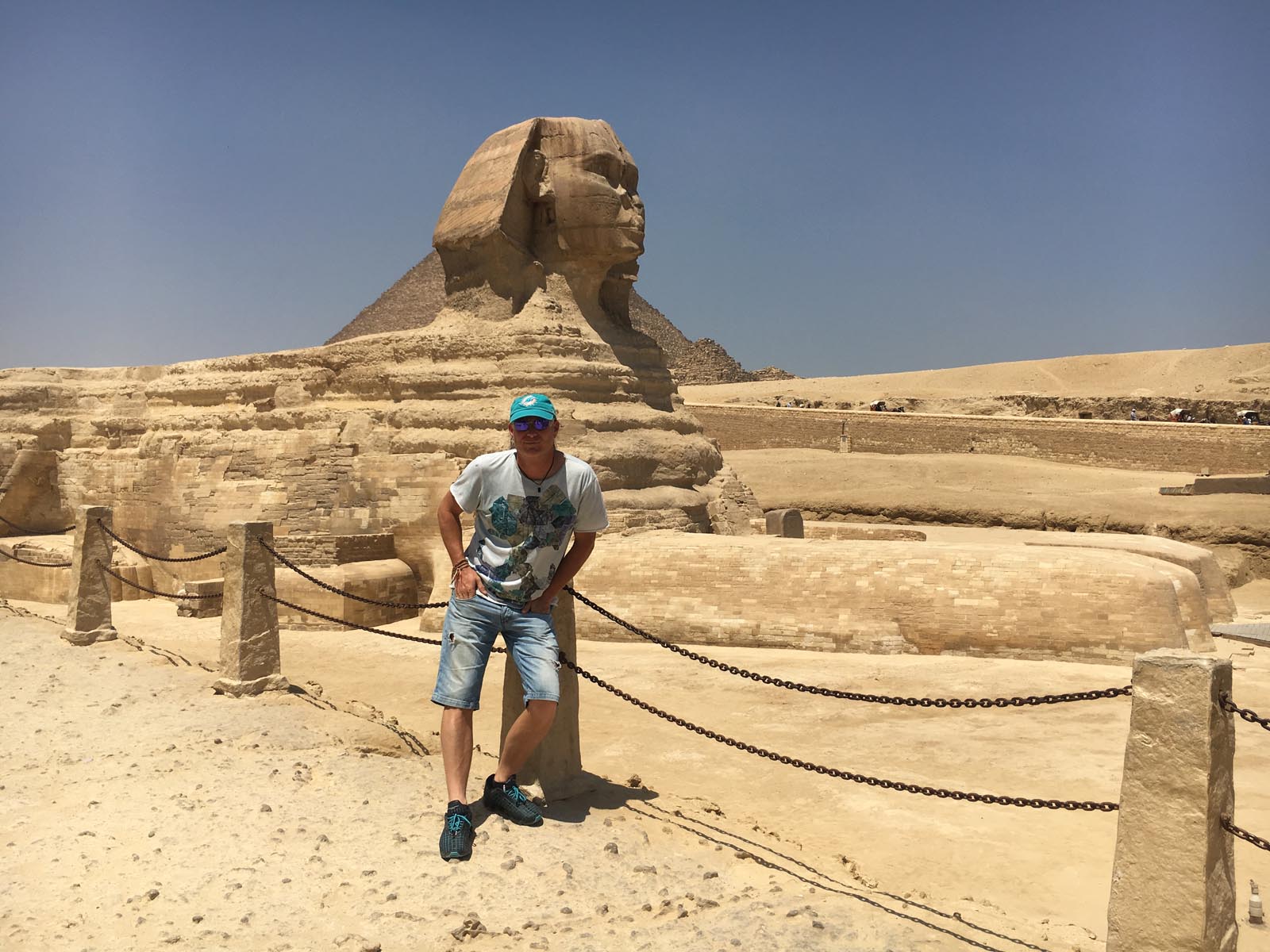
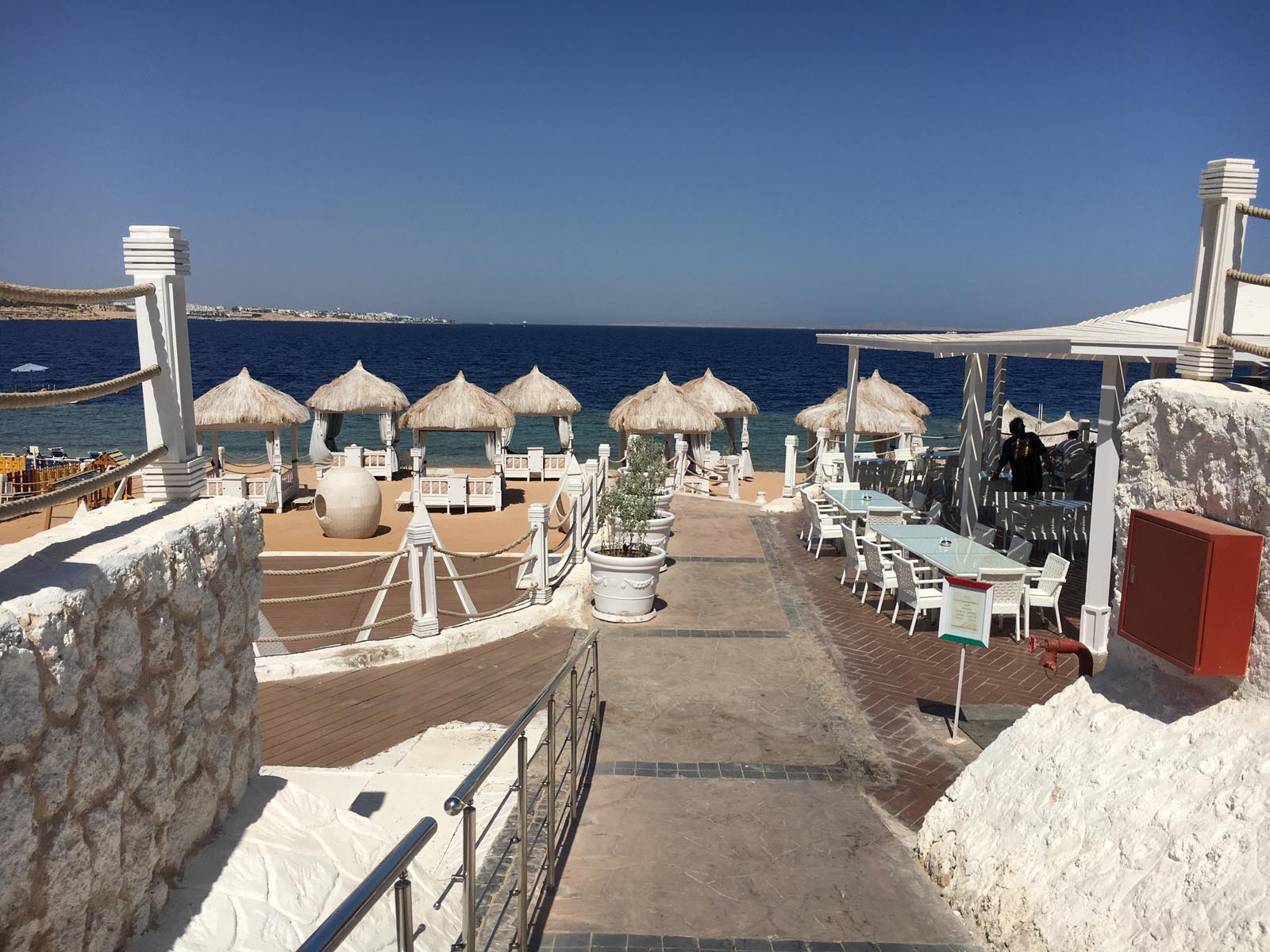
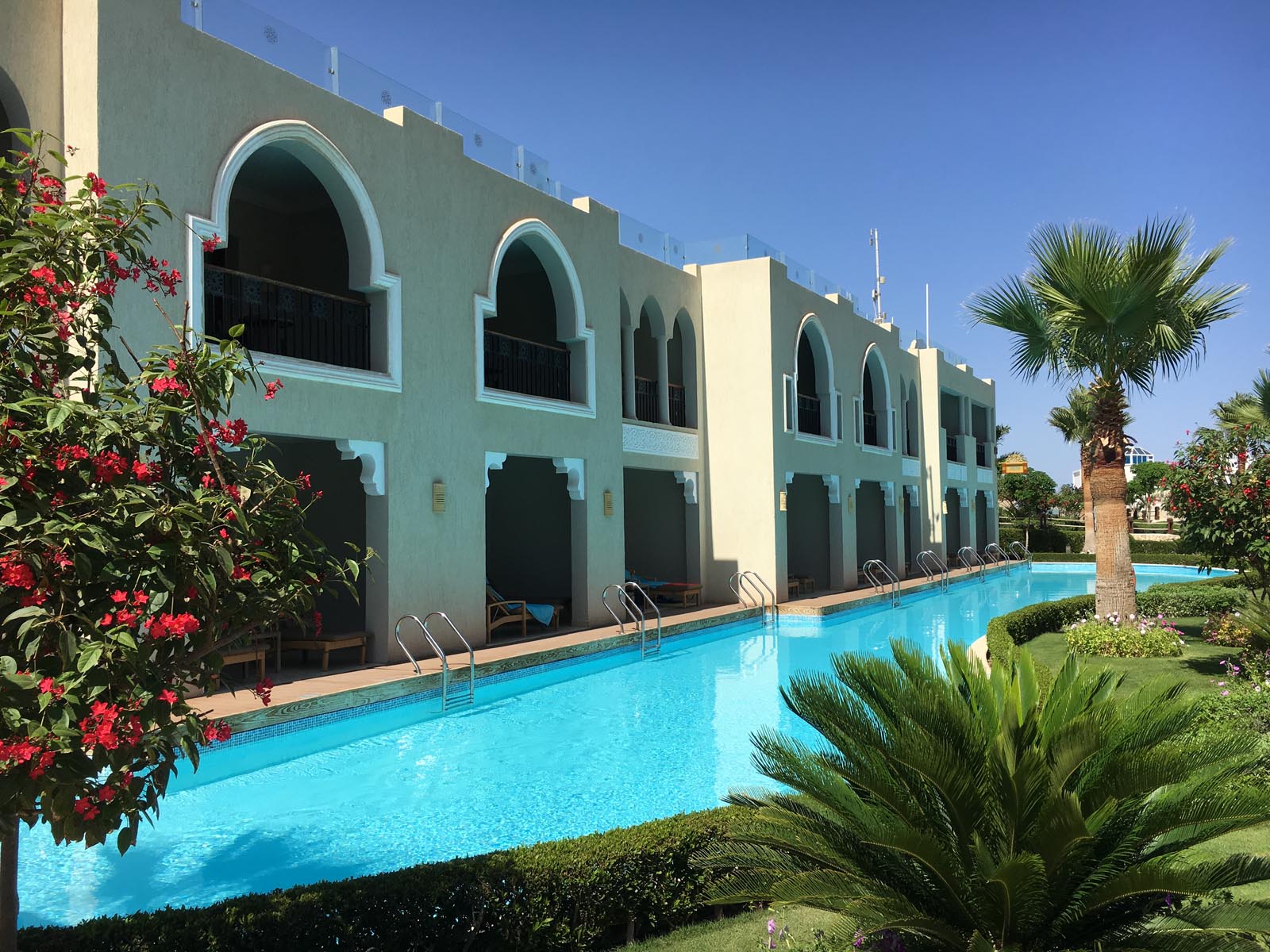
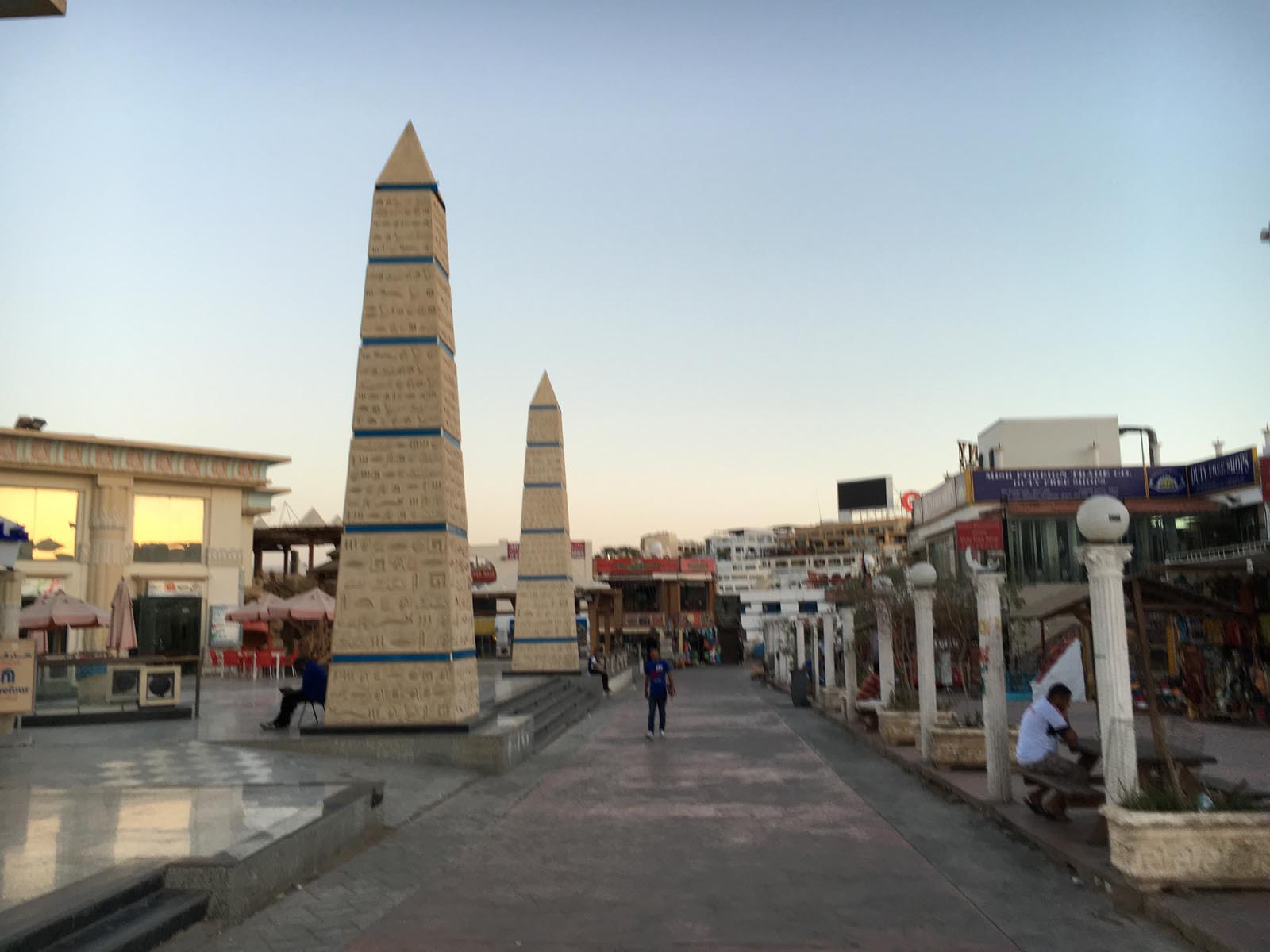
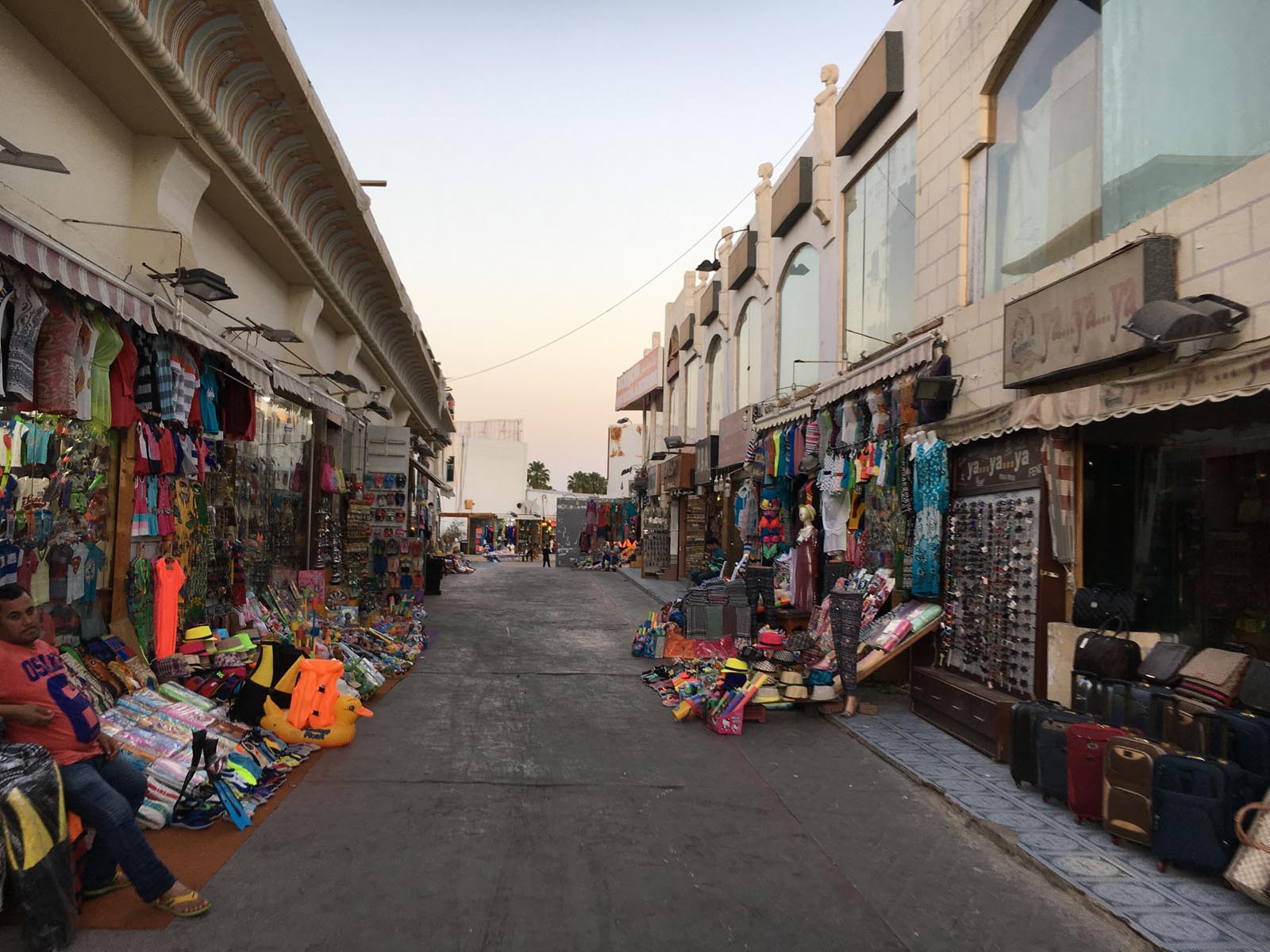
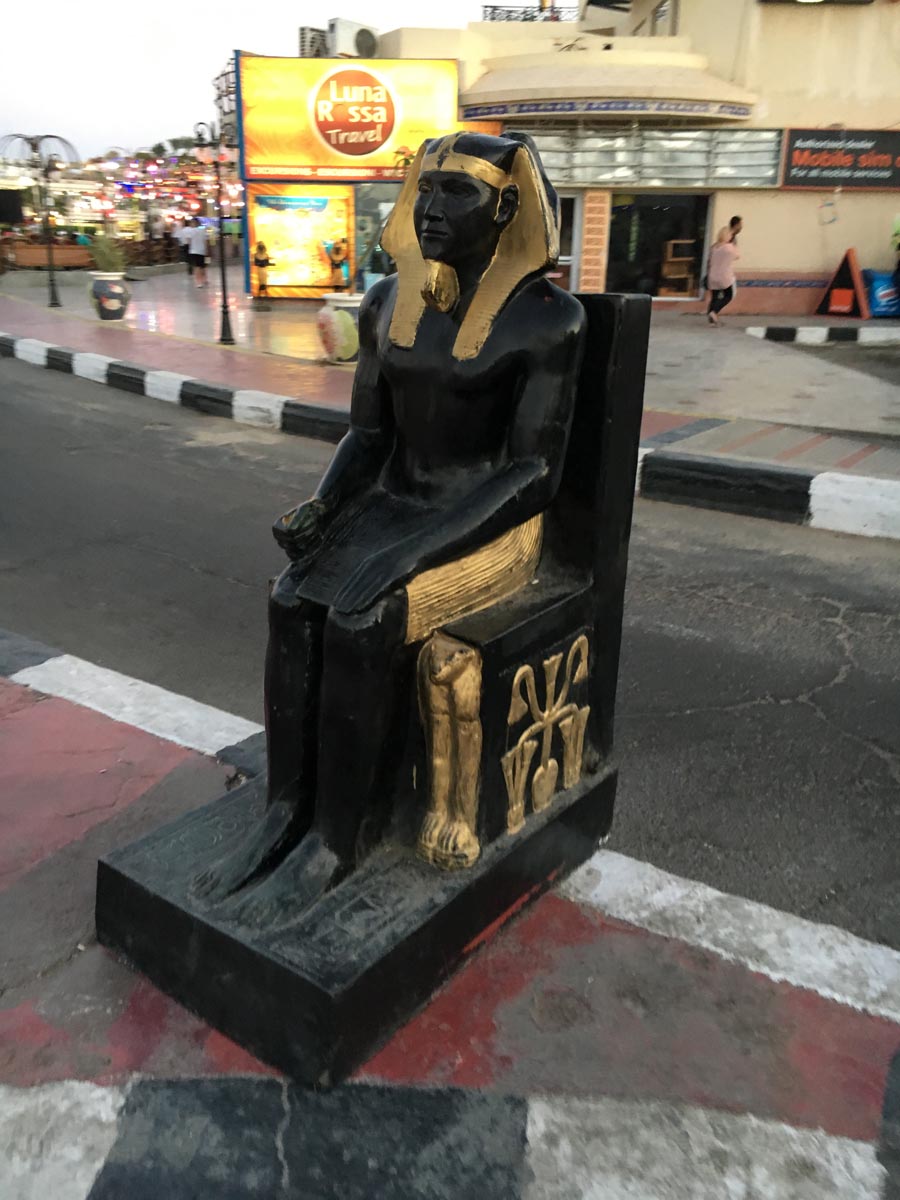
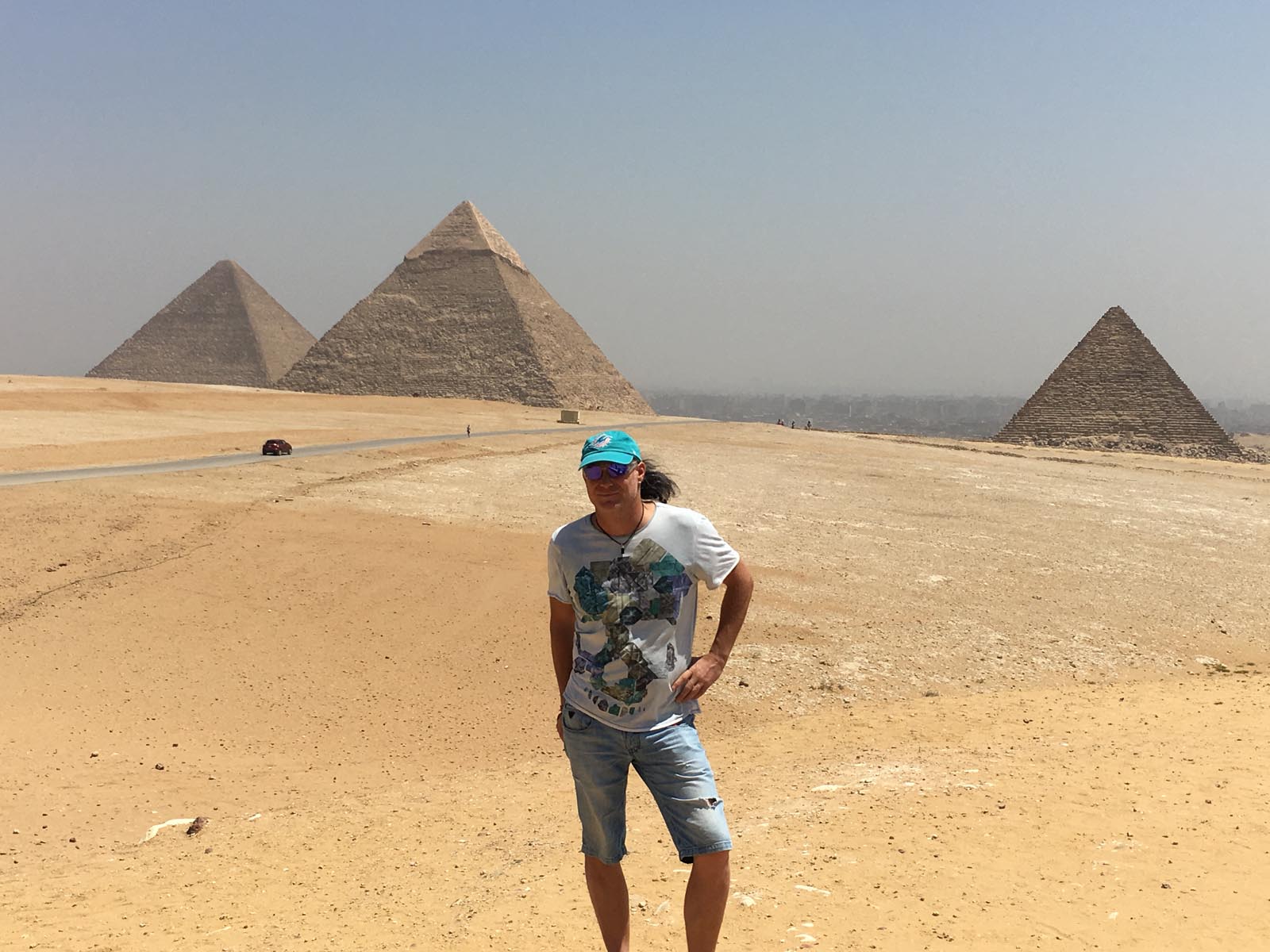
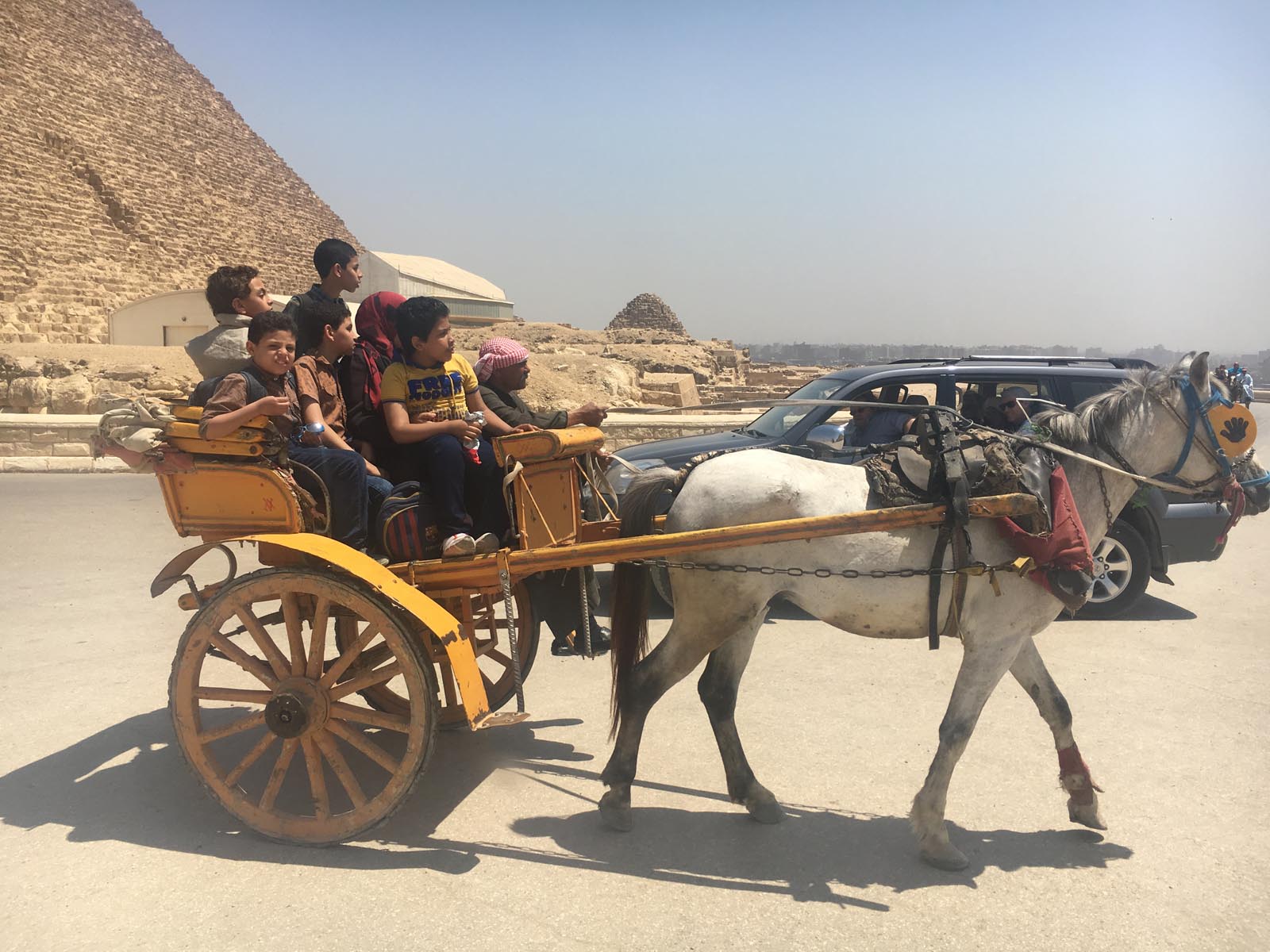
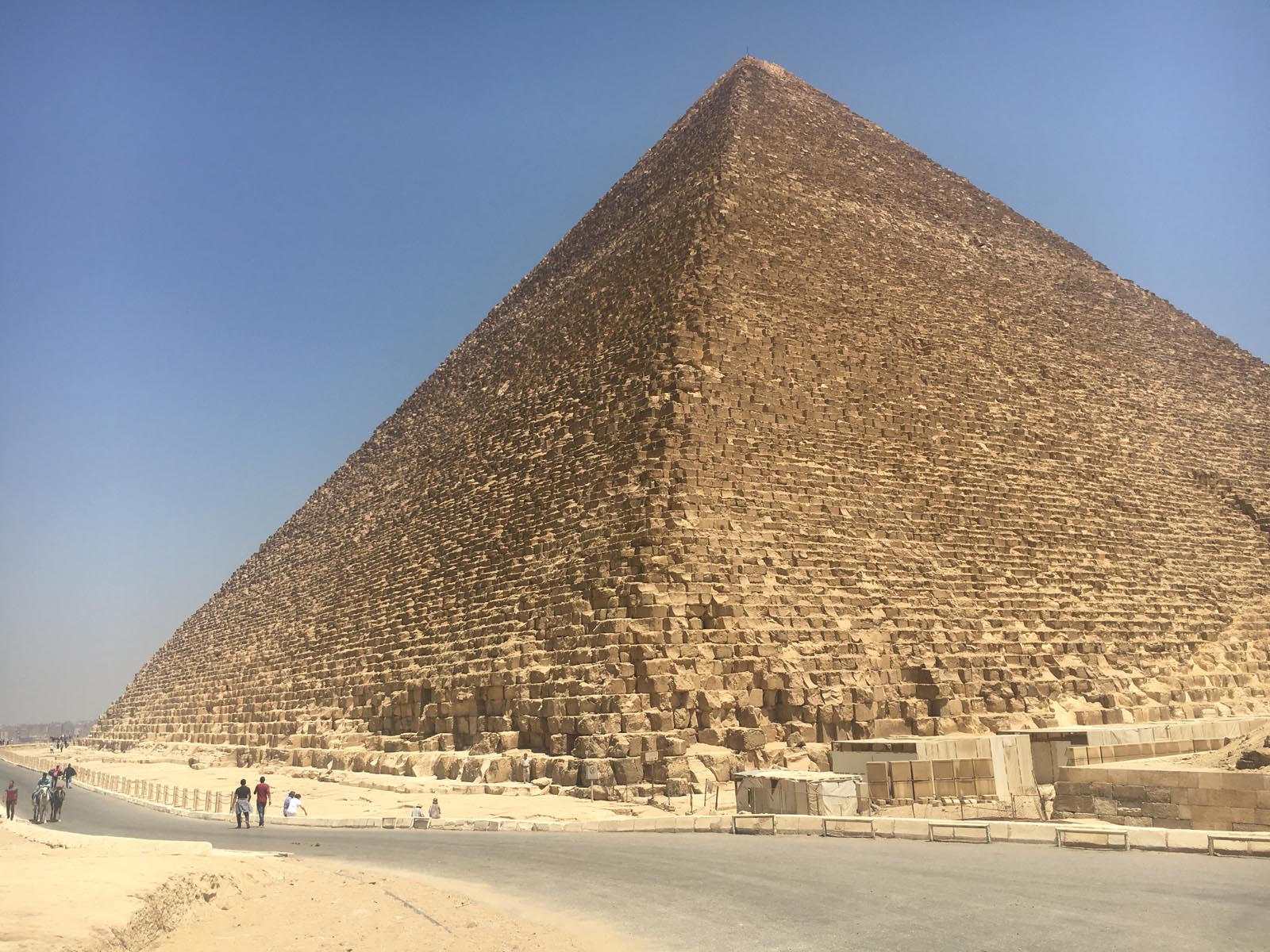
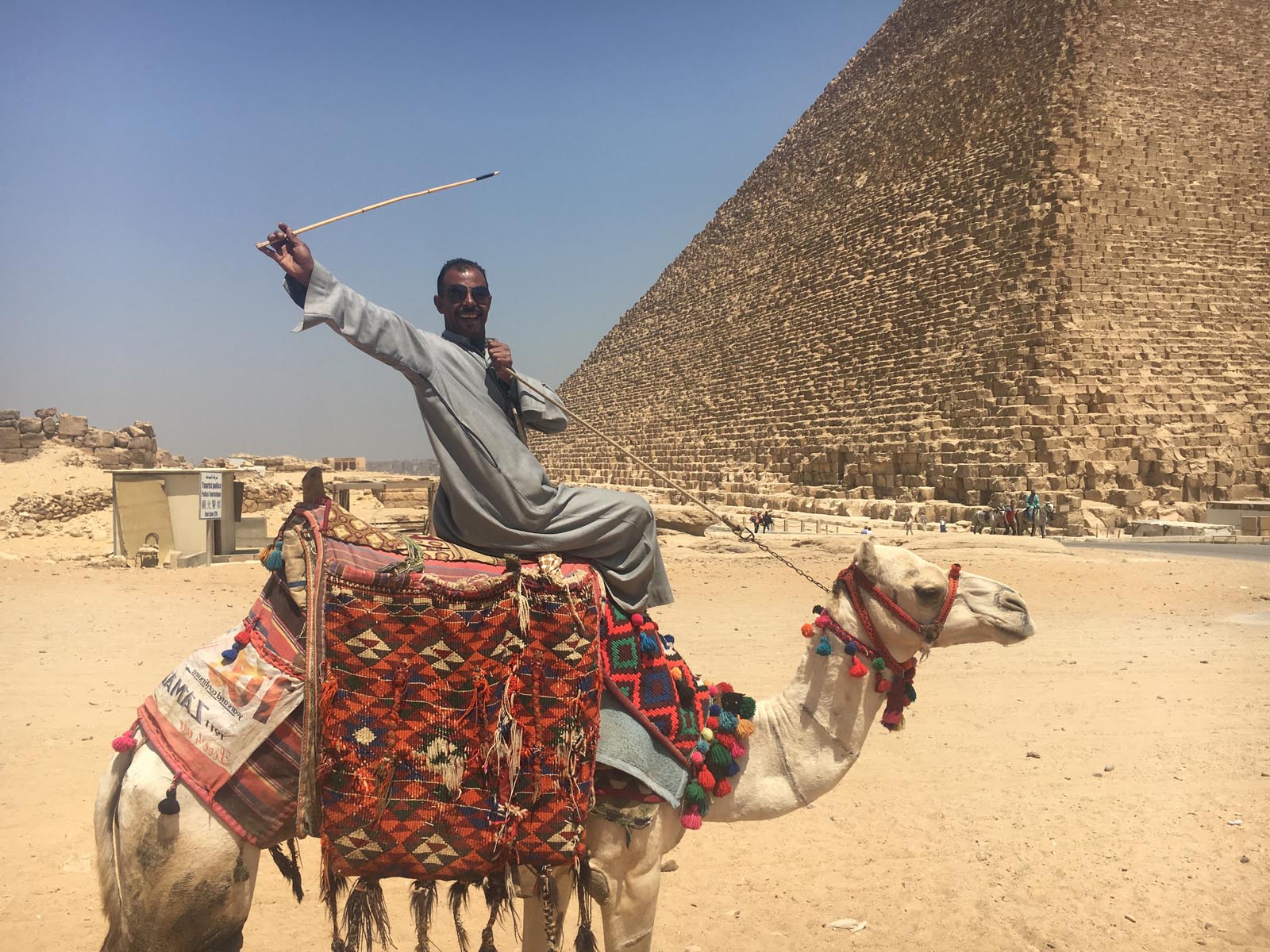
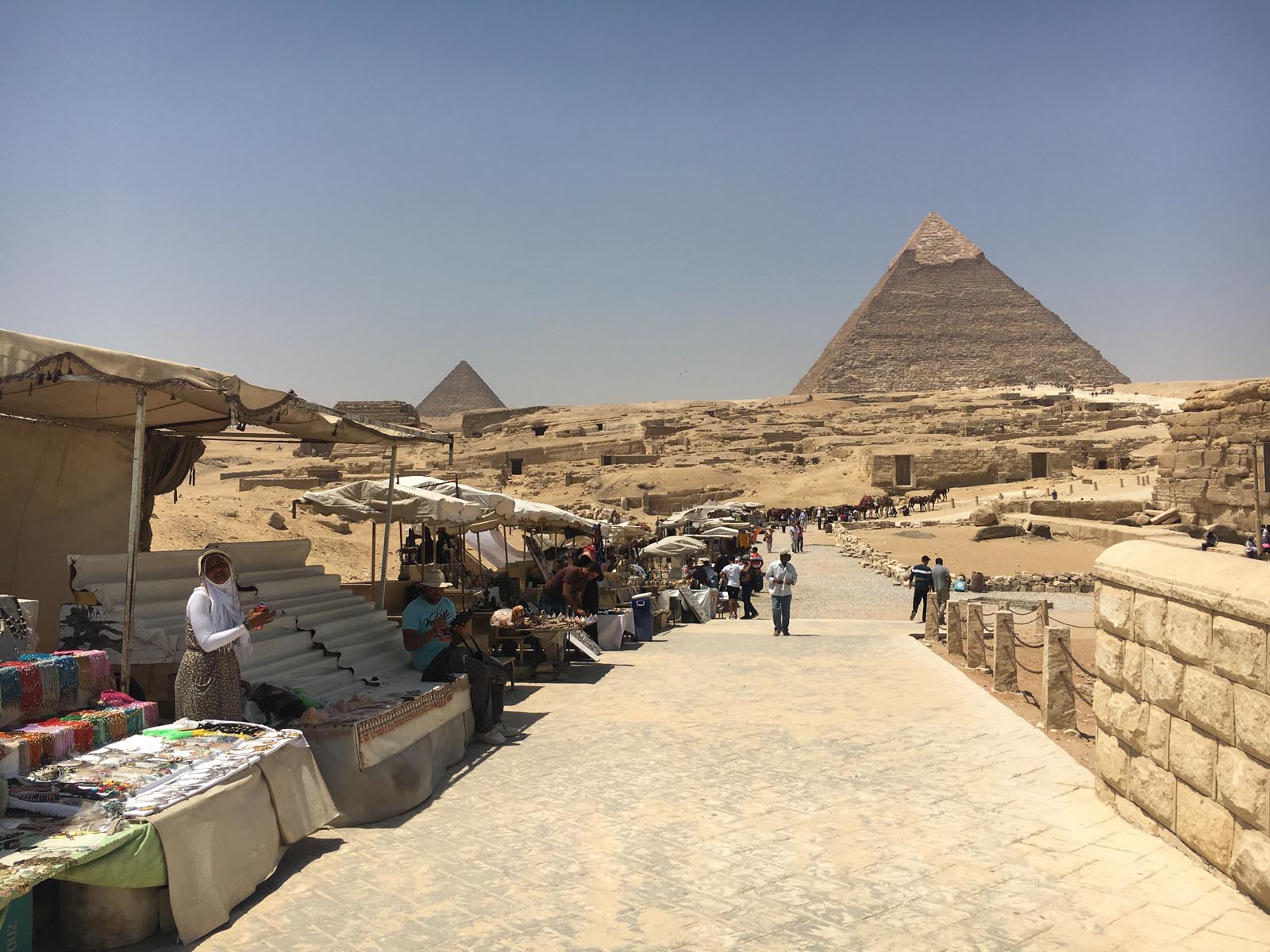
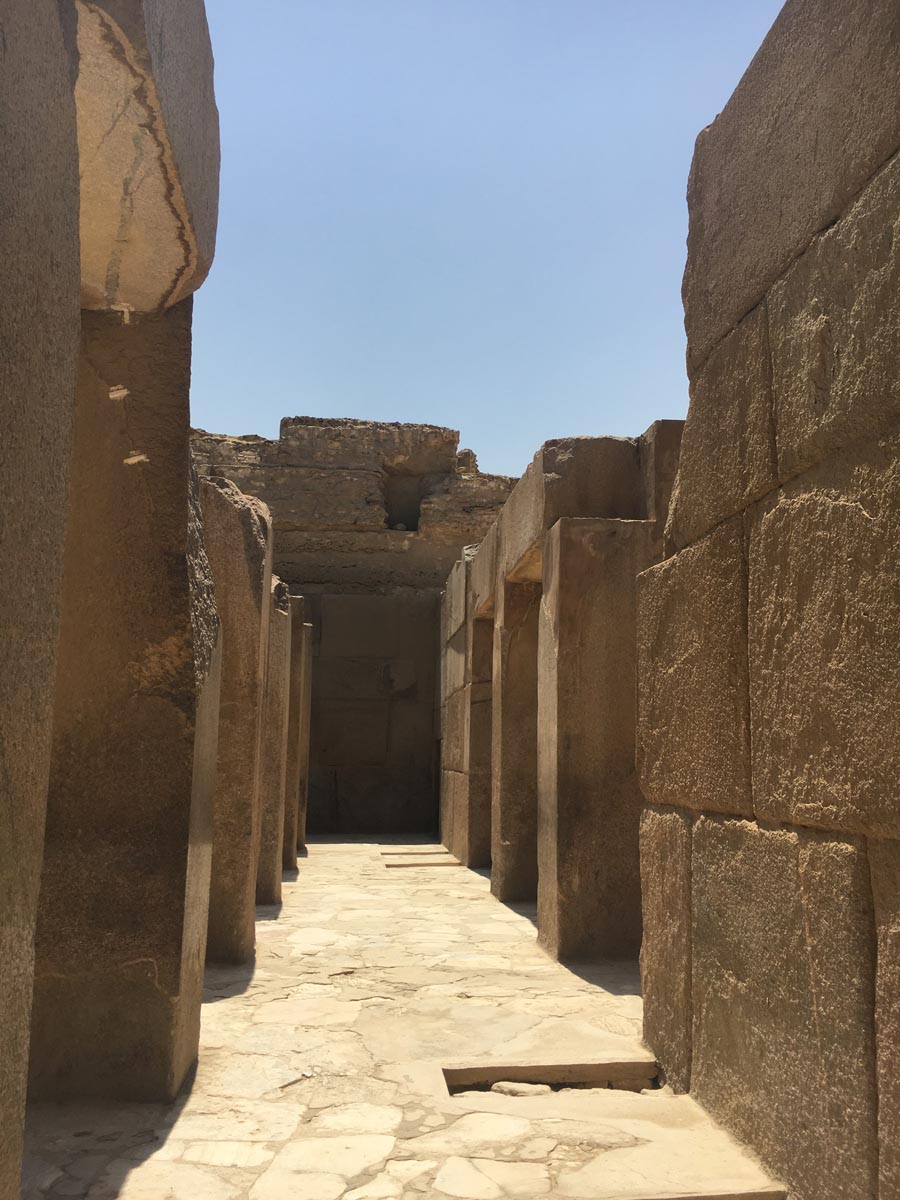
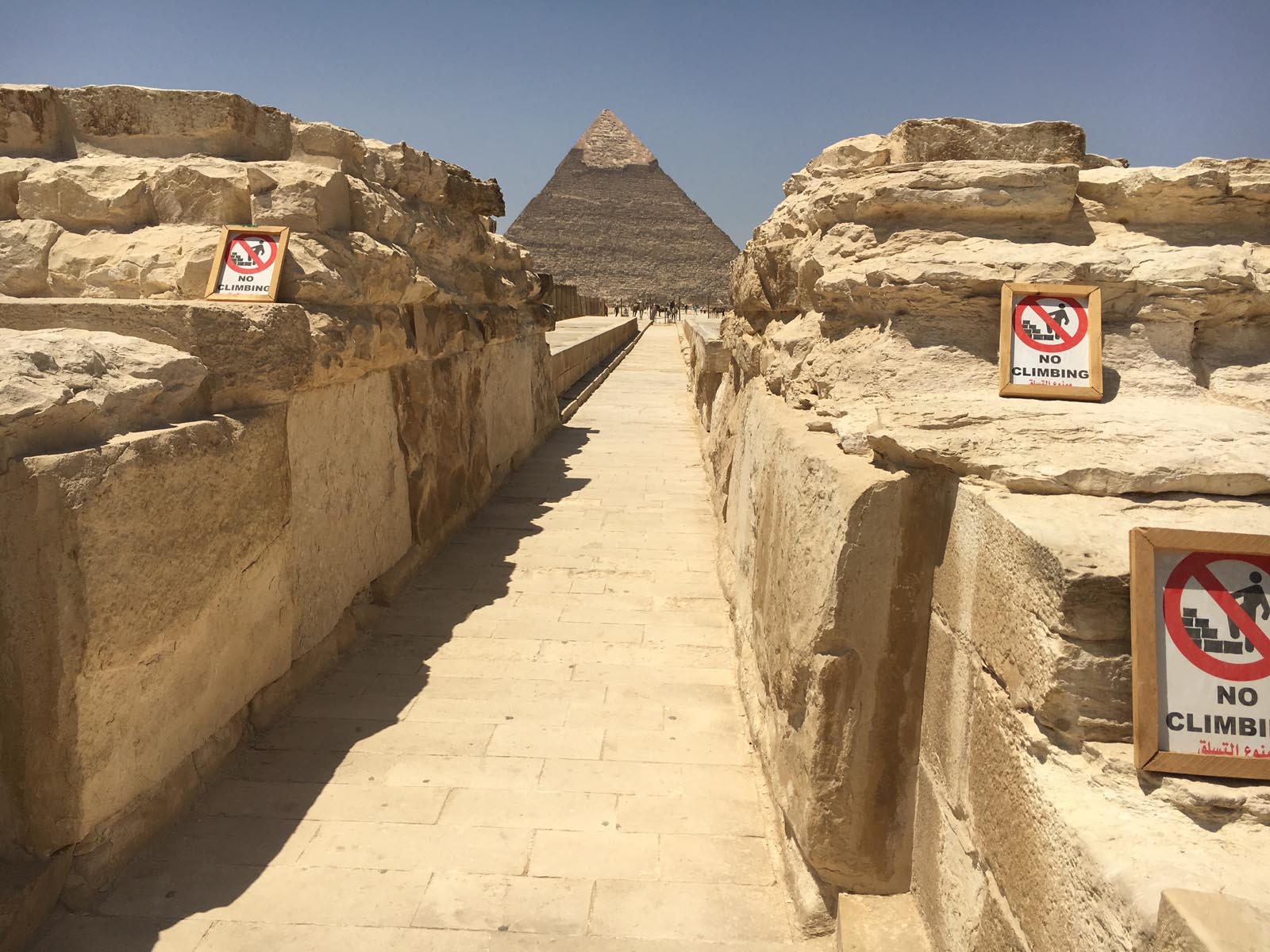
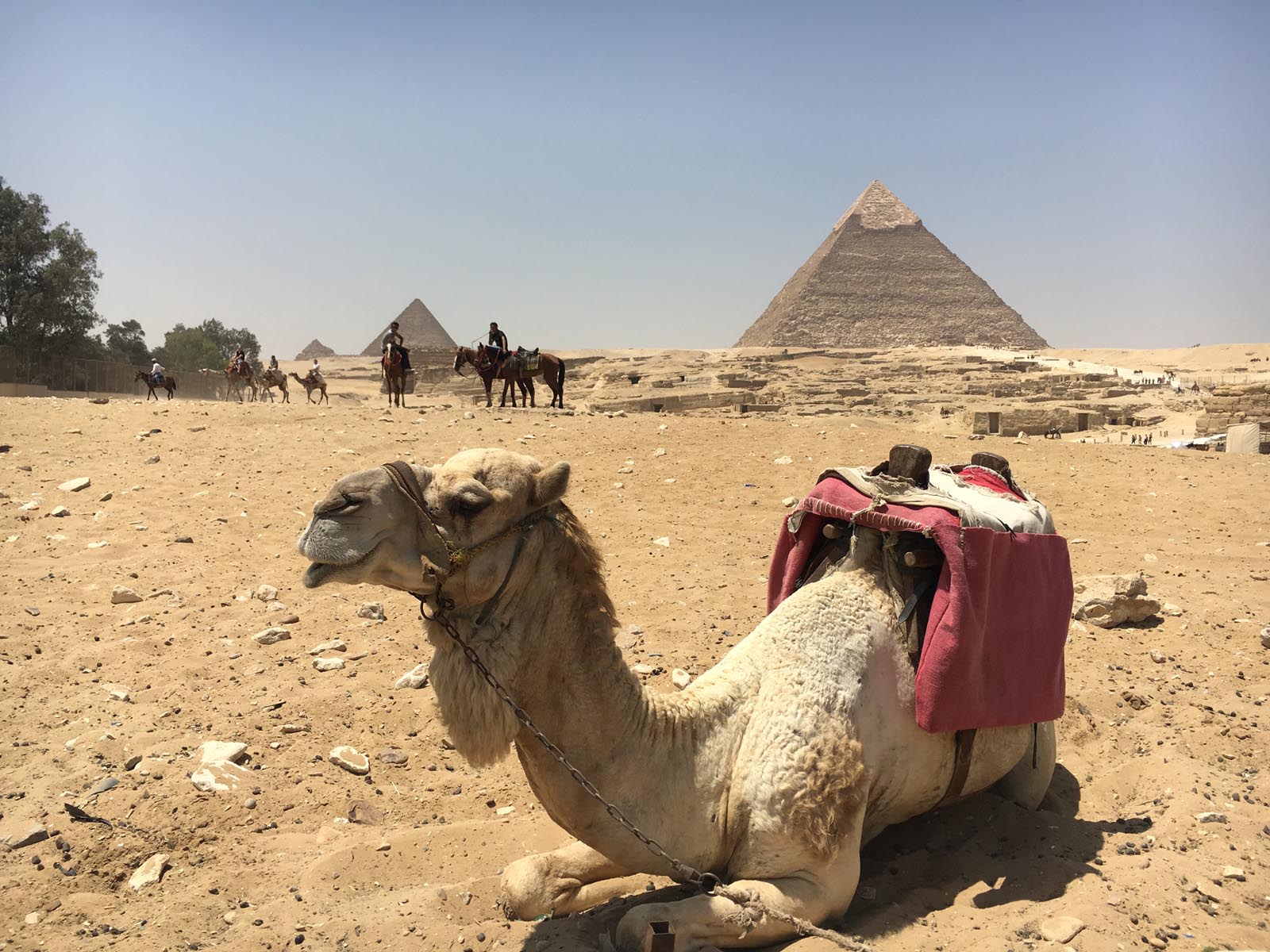

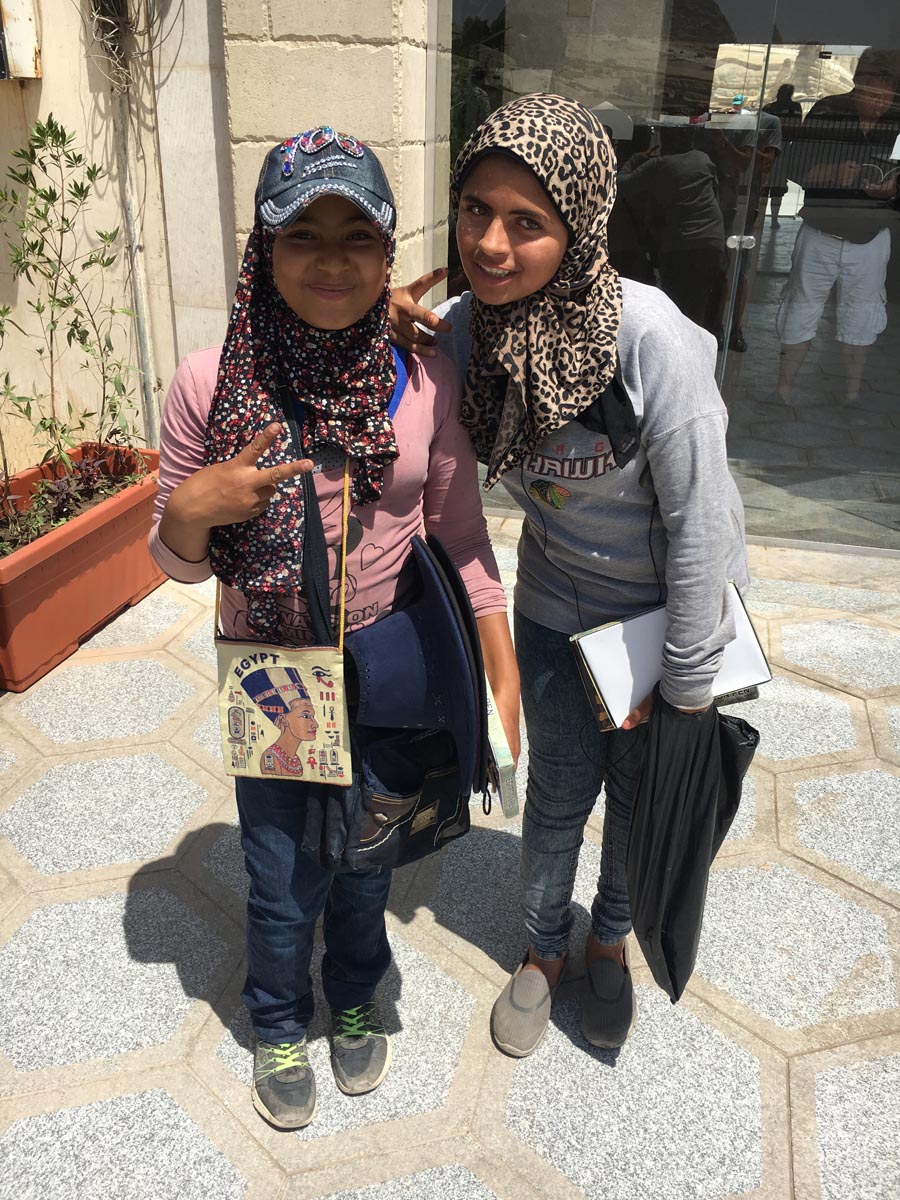
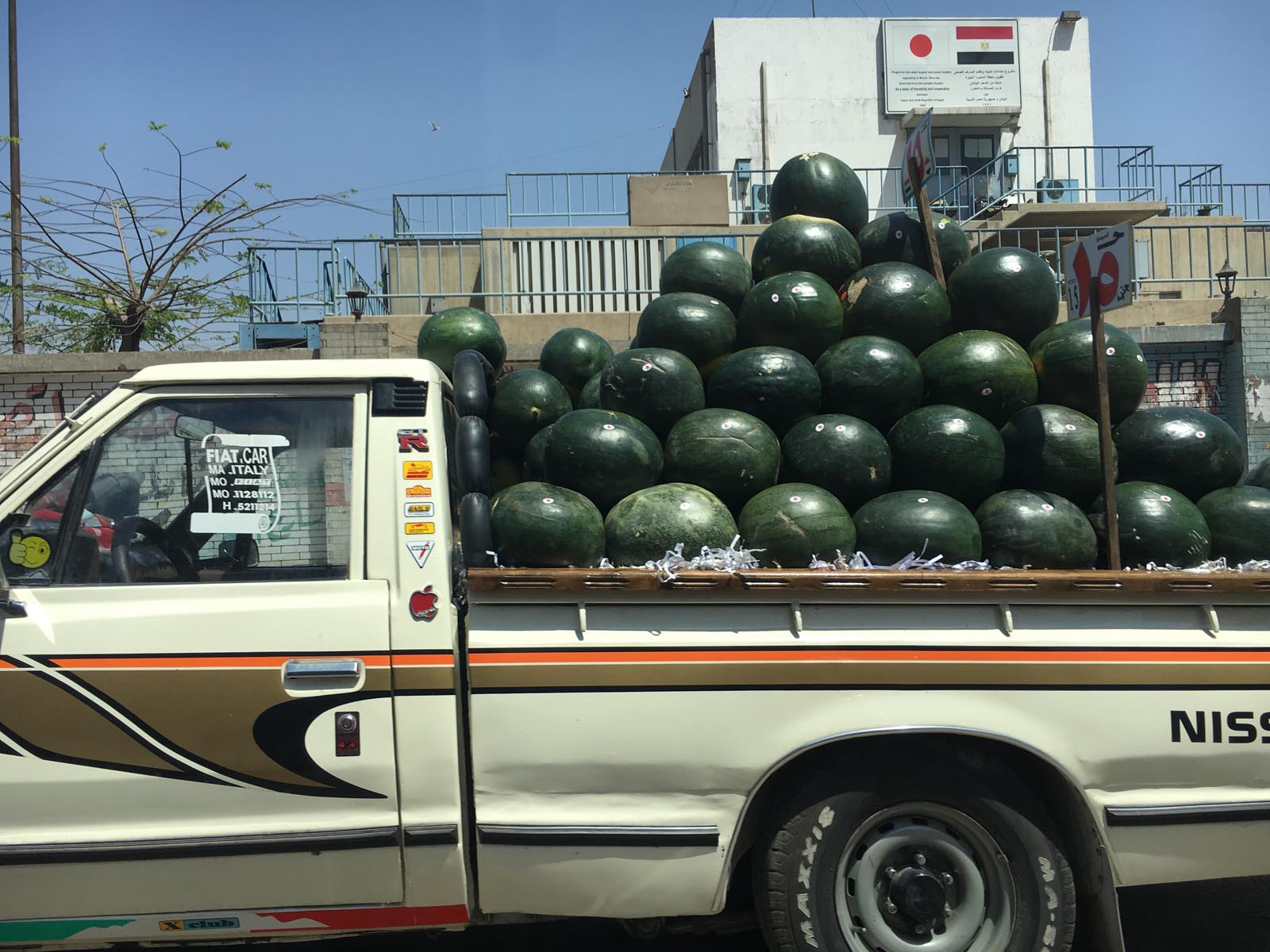
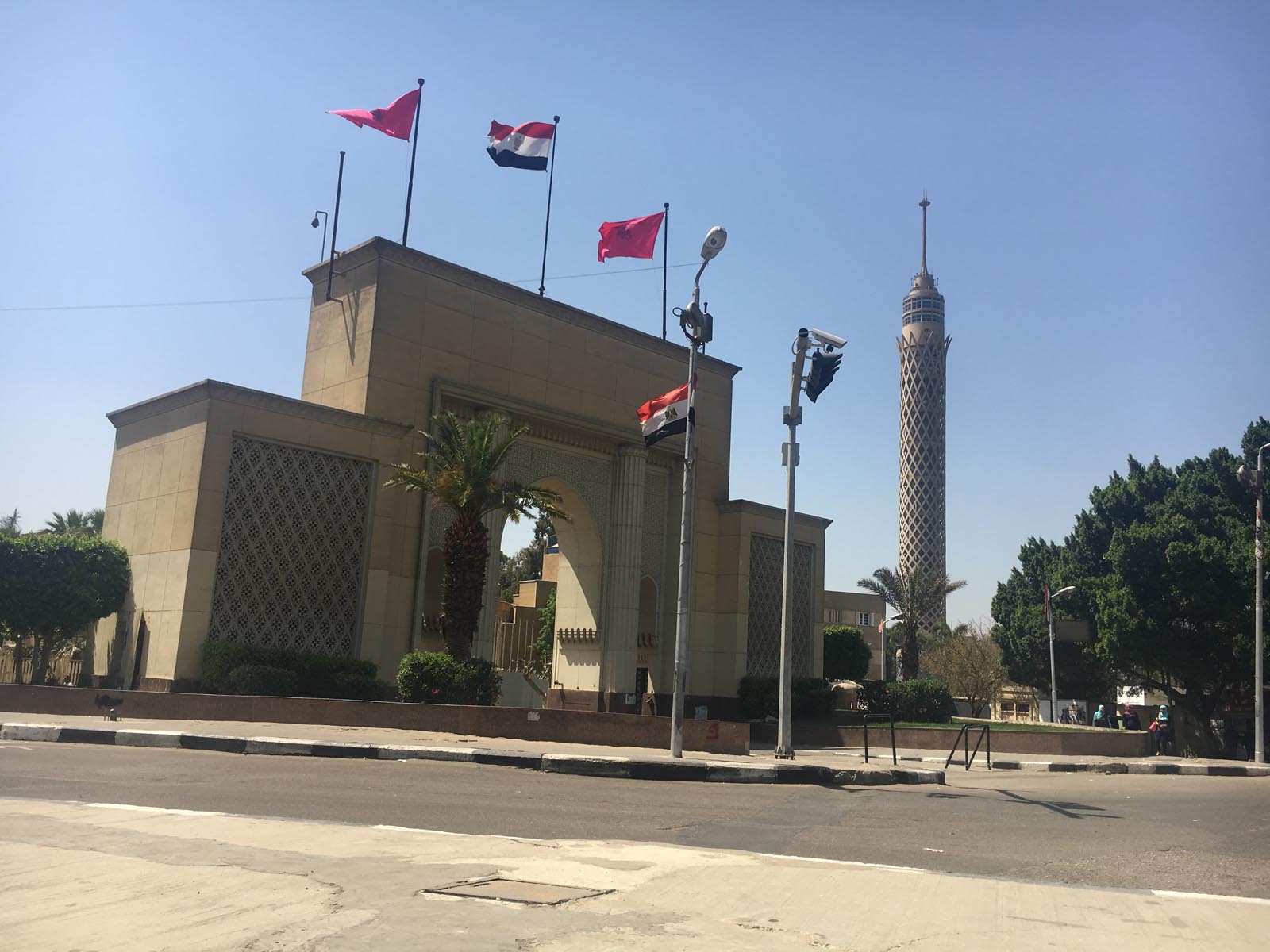
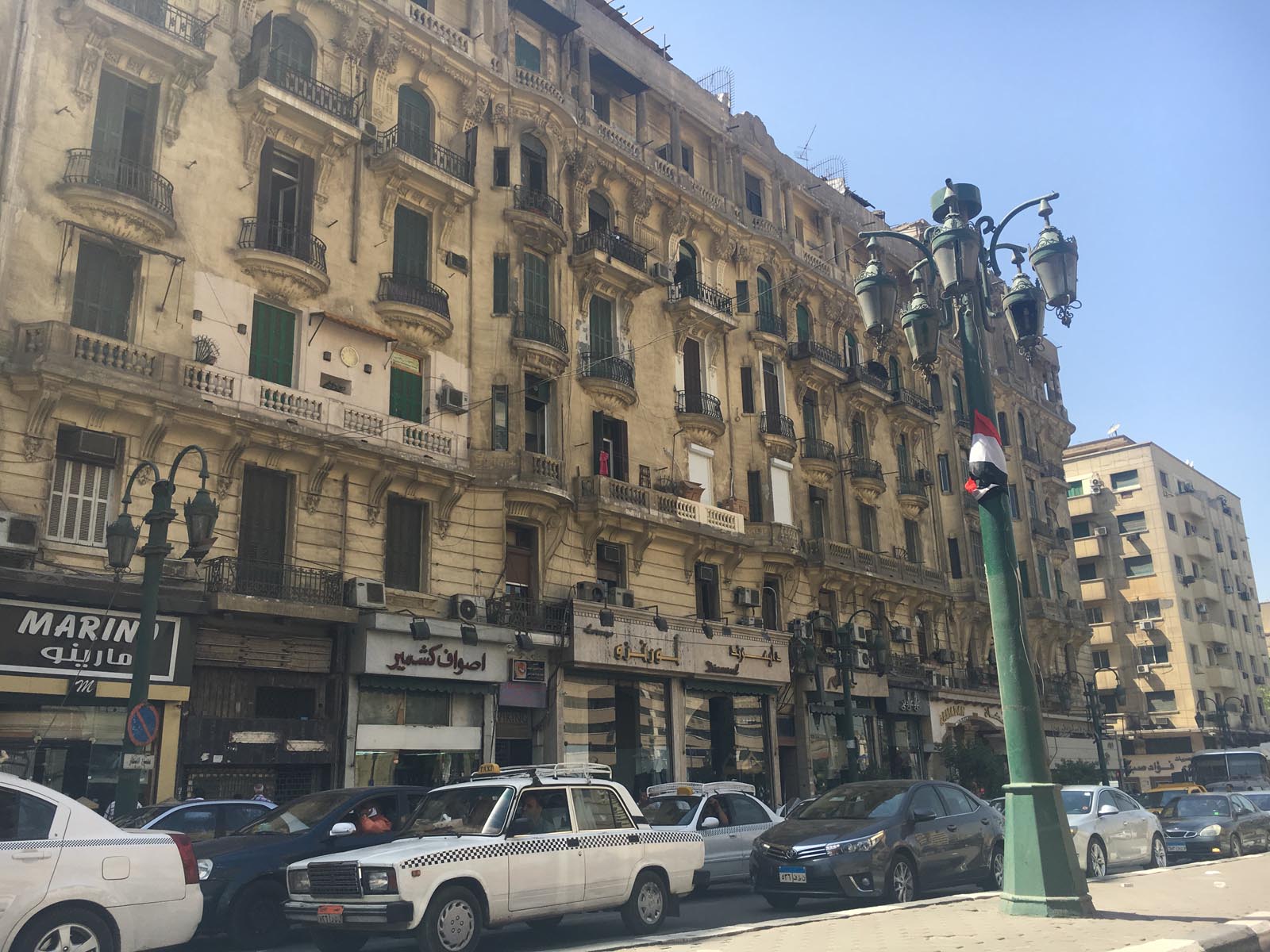
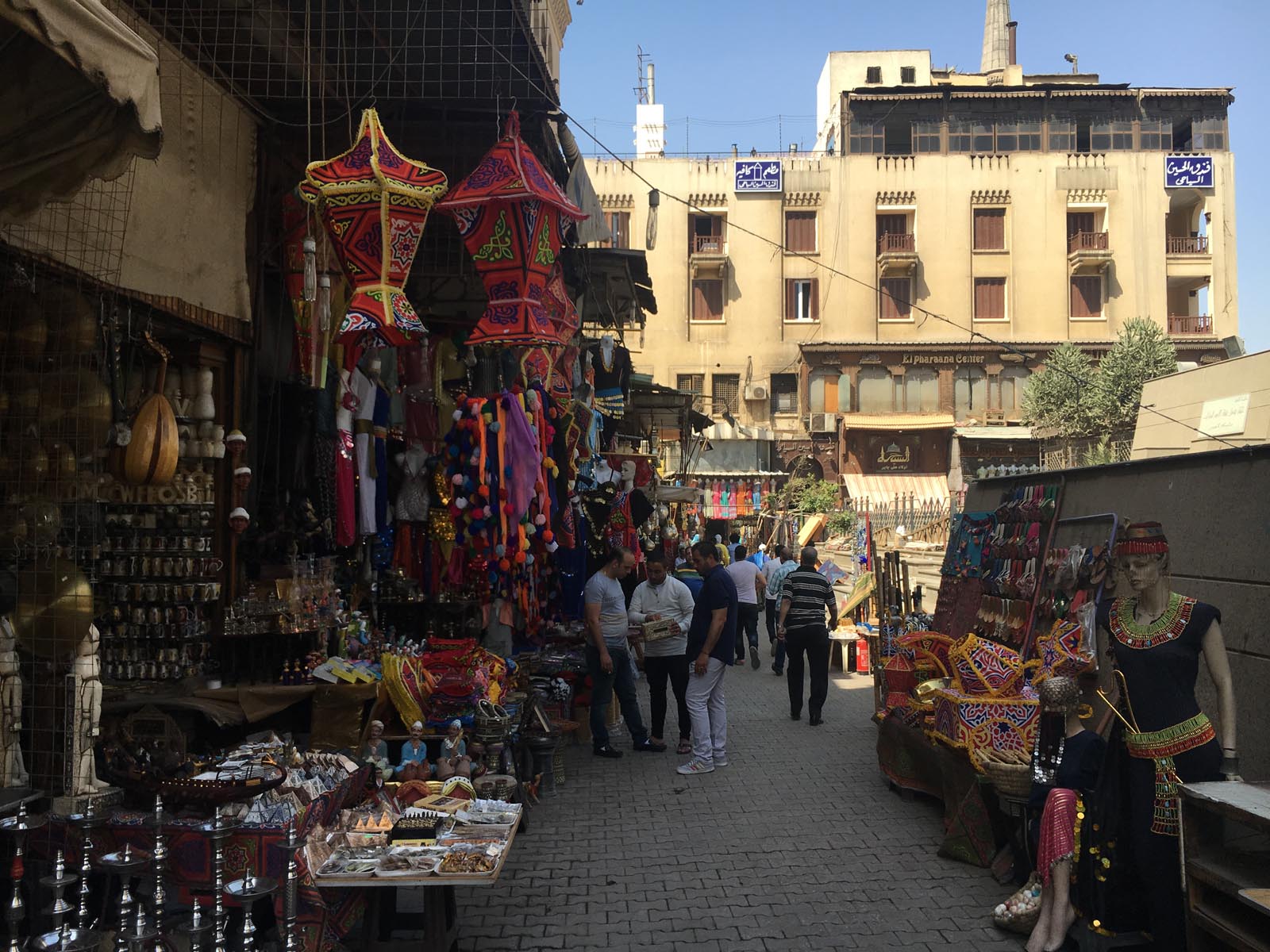
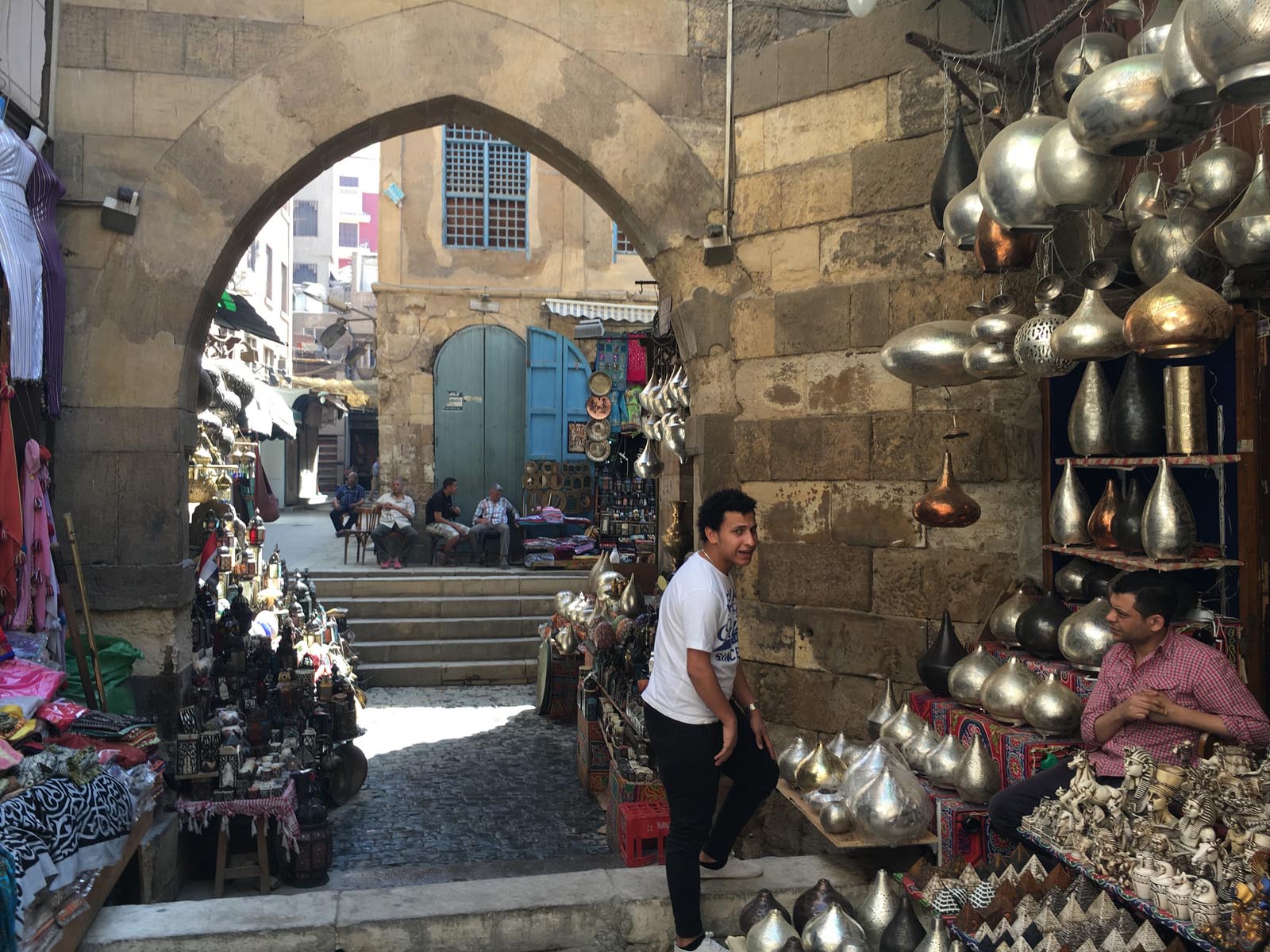
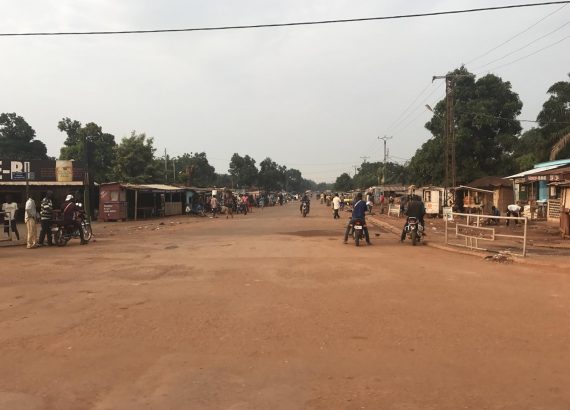
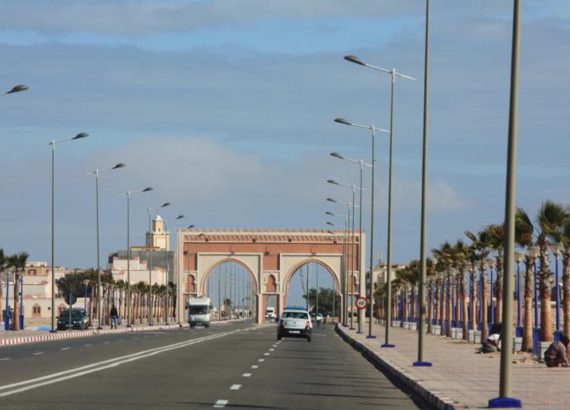
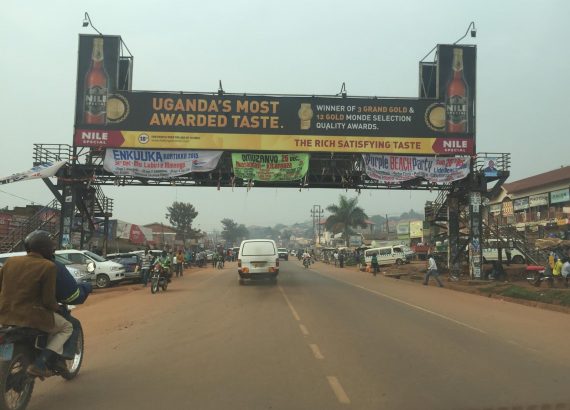
No Comments